Past seminar recordings may be available on our YouTube Page.
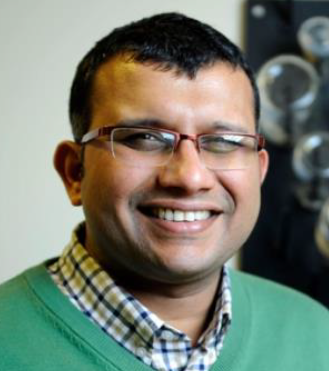
Diverse microbial communities inhabit our drinking water systems and they migrate daily from source waters into our built environment. These microbial communities are actively managed through the use of chemical and energy-intensive multi-barrier treatment processes and monitored during their transit to ensure safe drinking water is delivered to consumers. While vigorous water treatment approaches are undoubtedly necessary to ensure the safety of drinking water, there is little systematic understanding of how these treatment approaches impact the structure and function of the drinking water microbiome. This knowledge gap likely also has implications for managing the increasing health burden of waterborne opportunistic pathogens. This talk will provide an overview of how key water treatment and distribution practices systematically impact the structure and functional potential of the drinking water microbiome.
Dr. Pinto is an Environmental Engineer and Assistant Professor in Civil and Environmental Engineering at Northeastern University in Boston, USA. Ameet is a Chemical Engineer from Institute of Chemical Technology (University of Mumbai) with post-graduate degrees in Environmental Engineering from the University of Alaska (2005) and Virginia Tech, USA (2009). Prior to joining Northeastern University in 2016, he was a Lecturer/Senior Lecturer at the University of Glasgow.
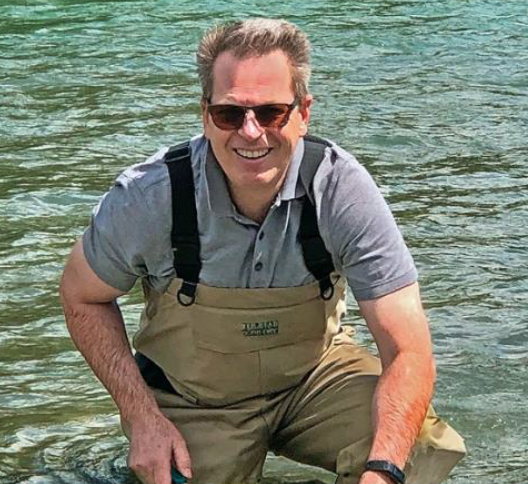
Dr. Jackson’s talk will describe regime shifts in aquatic systems with examples from shallow Alberta lakes and rivers. He will briefly describe ACWA’s infrastructure and then how the infrastructure can be used to inform policy development for receiving environment effects based on whole effluent exposures in constructed, replicate, naturalized research streams.
Dr. Lee Jackson is a Professor of Aquatic Ecosystems and Communities in the Department of Biological Sciences and Scientific Director of Advancing Canadian Wastewater Assets (ACWA). Research in his laboratory centres on understanding relationships between structure and function in Southern Alberta lakes and rivers and particularly internal (e.g., food web) and external (e.g., climate) drivers that lead to rapid change or confer stability. Current projects involve the creation of a data collaboration platform for the Bow River Basin (with IBM), determining microplastics fate in municipal wastewater treatment, genomic assessment of microplastic-associated biofilms and wastewater treatment plant microbiomes, assessment of Nif genes (N-fixation) across salinity gradients, contaminant effects on, and development of, diagnostic biomarkers in native fish populations, exchange of antimicrobial resistance elements during biological nutrient removal and the structuring role of macrophytes in shallow lakes and rivers.
9:00 AM PST on Zoom
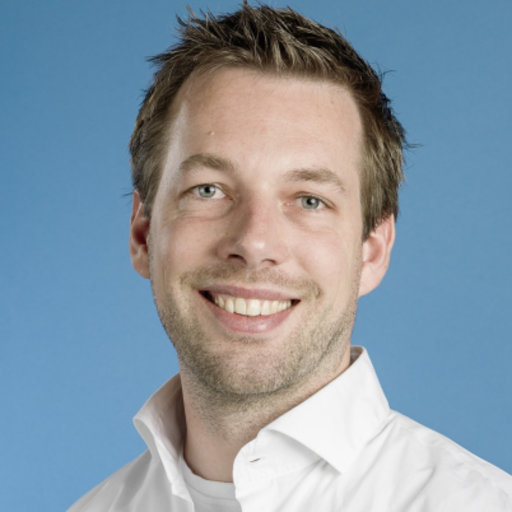
Global anthropogenic waste streams are steadily increasing, but the environmental inputs of trace metals and their impacts on freshwater systems remain poorly quantified beyond local contaminated sites. This talk will introduce our group’s work on large-scale metal dynamics in the Great Lakes. We developed pragmatic mass-balance models to estimate current baseline metal loads in the Great Lakes basin, and screened metal loads in wastewater and urban runoff as a large-scale proxy for human activity. Statistical and geospatial analyses of the sampled watersheds and sewersheds allow us to source-track anomalous metal loads and assess long-term trends as well as potential impacts from the tributary scale to the basin scale.
9:00 AM PST on Zoom
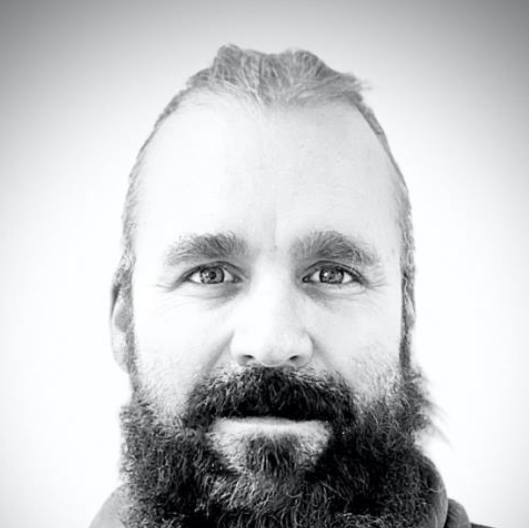
Dr. Frederik Hammes is a group leader at the Swiss Federal Institute of Aquatic Science and Technology (EAWAG).
Dr. Hammes has a bachelor’s degree from the University of Pretoria (South Africa) and a PhD from Gent University (Belgium).
His research group focusses on measuring, understanding and managing the microbial ecology of drinking water, with current emphasis on opportunistic pathogens in building plumbing systems.
9:00 AM PST on Zoom

Kerry Black is an Assistant Professor and Canada Research Chair (Integrated Knowledge, Engineering & Sustainable Communities), in the Center for Environmental Engineering Research and Education (CEERE) and the Department of Civil Engineering, at the University of Calgary. She received her PhD from the University of Guelph with research focused on sustainable water and wastewater management in Indigenous communities. Her focus is to engage in a cross-disciplinary research platform, incorporating technical civil and environmental engineering principles and research, with policy and socio-economic components, focusing on sustainable infrastructure for healthy and resilient communities.
Over the past 12 years, she worked extensively in the academic, public, private, and non-profit sectors, employed in technical, scientific, policy and management roles. Most of her experience has included working with and for Indigenous communities on urgent and pressing infrastructure issues across Canada. Her cross-disciplinary research has been featured in both engineering and social science journals. Dr. Black is a strong advocate for increasing diversity in science and engineering, sustainability initiatives and programs, and community development, including her work with Indigenous communities.
9:00 AM PST on Zoom

David Latulippe is an Associate Professor in the Department of Chemical Engineering at McMaster University. He obtained his PhD from The Pennsylvania State University in 2010 and then spent two years as a post-doctoral fellow in the School of Applied and Engineering Physics at Cornell University. He also worked for 3 years at Zenon Environmental (now SUEZ Water Technologies) on the development of ultrafiltration membranes.
Microplastics (MPs), plastic particles less than 5 mm in size, are ubiquitous in the environment due to plastic pollution. Their small size and heterogeneity in terms of shape (e.g. fibers versus fragments) and chemistry (e.g. polyethylene, polystyrene, etc.) pose a significant threat to ecosystems and human health. A substantial source by which MPs enter the environment is from the effluents of wastewater treatment plants. Membrane filtration systems can be viewed as an effective technology to effectively remove MPs, however there is surprisingly little known about the true treatment performance and the long-term effects of MPs on treatment systems.
9:00 AM PST on Zoom

Dr. Priti Parikh is an Associate Professor at the Bartlett School of Construction and Project Management where she heads the Engineering for International Development Centre. She has substantial industry experience in South Asia and the UK related to infrastructure design and delivery. She has led research and cross-sectoral partnerships to improve access to water, sanitation and energy infrastructure in resource-challenged settings such as slums and remote villages in South Asia, Africa and Latin America. Her research is interdisciplinary with solutions co-developed with local communities and policy makers. She has championed the need for infrastructure investment for achieving the Sustainable Development Goals by developing robust evidence.
Dr. Parikh is a Fellow of Institution of Civil Engineers, Chair of the Editorial Panel for ICE’s Engineering Sustainability Journal and was board member for Happold Foundation and Engineers Against Poverty. In 2019, Dr. Parikh was recognised as an Engineers Without Borders Changemaker. She was awarded a prestigious fellowship co-funded by industry and Royal Academy of Engineering to address energy access challenges in Sub-Saharan Africa. She engages with media through her ongoing British Science Association media fellowship and is passionate about inclusive engineering.
9:00 AM PST on Zoom

Per- and poly-fluoroalkyl substances (PFAS) are used in industrial and consumer applications and have been detected in drinking water and drinking water supplies. PFAS resist environmental degradation, are not removed using traditional water treatment processes, and exhibit known human health effects. The EPA has established a lifetime health advisory level of 70 ng/L for two PFAS: perfluorooctane sulfonic acid (PFOS) and perfluorooctanoic acid (PFOA). This presentation will provide an overview of PFAS, their occurrence in drinking water, discuss the current regulatory framework, treatment options, and related case studies.
Dr. Samantha Black is a Water Treatment Process Engineer at HDR in West Palm Beach, FL. She works primarily on emerging contaminants and applied research projects, including bench-scale and pilot testing, and water quality investigations. She works closely with clients to help them overcome regulatory, water quality, and treatment challenges.
9:00 AM PST on Zoom
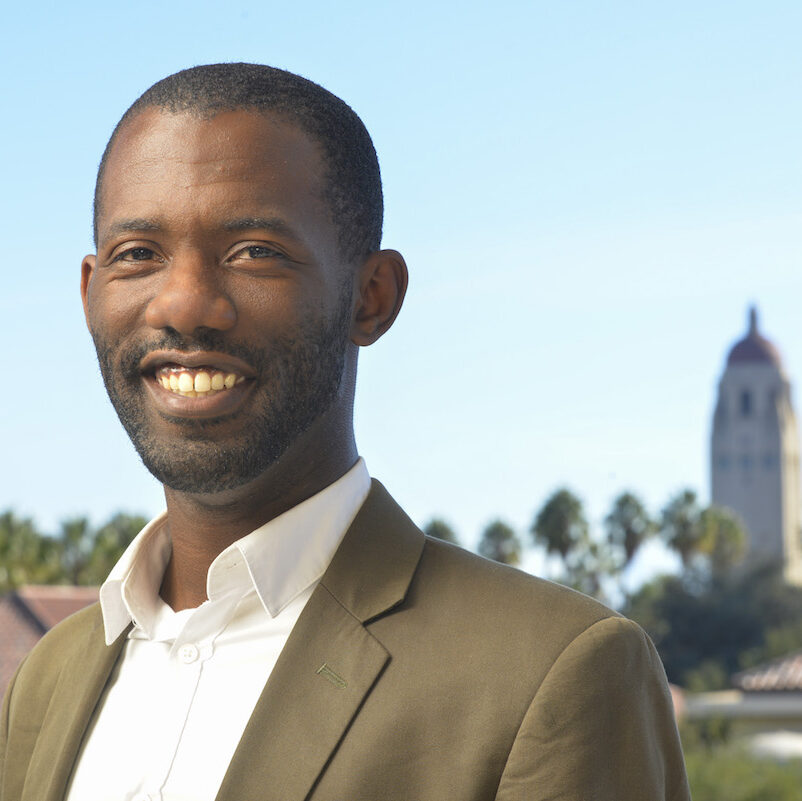
Dr. William Tarpeh is an assistant professor of chemical engineering at Stanford University. The Tarpeh Lab develops and evaluates selective separations in “waste” waters at several synergistic scales: molecular mechanisms of chemical transport and transformation; novel unit processes that increase resource efficiency; and systems-level assessments that identify optimization opportunities. Will completed his B.S. in chemical engineering at Stanford, his M.S. and Ph.D. in environmental engineering at UC Berkeley, and postdoctoral training at the University of Michigan in environmental engineering. Will has recently been honored as an Environmental Science & Technology Early Career Scientist, Forbes’ “30 Under 30” 2019 Science List, Gulf Research Program Early Career Fellowship, and Chemical and Engineering News Talented 12.
9:00 AM PST on Zoom
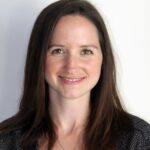
Dr. Jane Fowler is an Assistant Professor of Environmental Microbiology at Simon Fraser University. The goals of her research group are to develop and improve sustainable biotechnologies for drinking water, wastewater and contaminant treatment using open microbial communities and to understand the impact of microbial communities in engineered systems with a view towards ecosystem and public health. She completed postdoctoral training at the Technical University of Denmark, Dept of Environmental Engineering where she was a Marie Curie fellow, and was awarded a PhD from the University of Calgary.
Her talk will focus on biofiltration as a sustainable method for producing potable water. She will focus on a survey of Danish drinking water treatment plants that reveals the diverse communities involved in contaminant removal including novel microbial physiologies in drinking water biofilters.
9:00 AM PST on Zoom
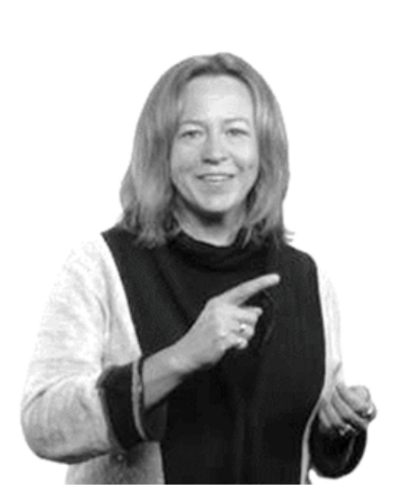
Dr. Linda Strande leads a research group at Eawag (Swiss Federal Institute of Aquatic Science and Technology), in Sandec (Department Sanitation, Water and Solid Waste for Development). Her focus is globally relevant solutions for sustainable citywide sanitation, through developing fundamental scientific knowledge, translating it to innovative technology solutions, and ensuring uptake through implementation strategies. Current research includes governing mechanisms controlling dewaterability, affordable methods for characterization and quantification, optimization of treatment technologies, and innovation in resource recovery.
Dr. Strande has been working in the WASH sector for over 20 years, has had research collaborations with local and international stakeholders from over 20 countries, and published over 60 international, refereed publications. She is passionate about mentoring upcoming generations of engineers and practitioners, and has over 10,000 learners in her online course in faecal sludge management. She is a founding member of the SFD Promotion Initiative and FSM conferences, a contributor to the WHO Guidelines on Sanitation and Health, World Bank FSM Tools, and editor and author of the IWA publications Faecal Sludge Management: Systems Approach for Implementation and Operation, and Methods of Faecal Sludge Analysis. Her wide-ranging international experiences have given her a global perspective, and an ability to research and apply engineering fundamentals in complex, interdisciplinary situations.
5:30 PM PST on Zoom
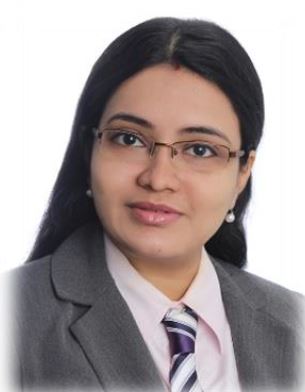
Dr. Piyali Sengupta is an Assistant Professor at the Department of Civil Engineering of the Indian Institute of Technology (ISM) Dhanbad, a premier institution of national importance in India, since 2017. She received her PhD from Nanyang Technological University (NTU), Singapore in 2014 Her doctoral research was on “Hysteresis Models and Fragility Assessments of Reinforced Concrete Structural Components”. Before joining IIT (ISM) Dhanbad, she served as post-doctoral research fellow in National University of Singapore (NUS). Her primary research interest comprises vulnerability assessment of bridges, tall and special buildings under extreme loading e.g., earthquakes, explosions and impact. She is recipient of Early Career Research Award by Science and Engineering Research Board, Department of Science and Technology, Government of India in 2019. She is presently serving as the secretary of American Society of Civil Engineers (ASCE), India Section, Eastern Region.
9:00 AM PST on Zoom
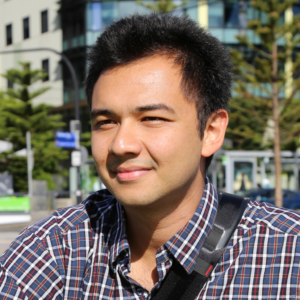
Cities are facing an increasing list of grand challenges including climate change, rapid urbanisation, population growth, biodiversity loss and, more recently, the global pandemic. Planning for liveable and sustainable cities recognises the need for integrated approaches and solutions that can deliver multiple benefits in cost effective ways. Urban water management has evolved from providing basic water services to a more holistic and all-encompassing paradigm that balances human and environmental needs. The emerging concept of Blue Green Systems comprises nature-based solutions that range from decentralised technologies to strategically planned urban green spaces and non-structural measures such as policy and planning controls. As our knowledge of Blue Green Systems grows, informed by different drivers worldwide, there is an increasing necessity to learn from each other and harmonise the rich toolbox of measures. Despite being known as many things including Water Sensitive Urban Design, Low Impact Development, Green Infrastructure and Sponge Cities, common philosophies exist and their multi-functional capabilities has been recognised. Planning Blue Green Systems, however, still remains a technological and institutional challenge. This seminar presents a peek into the interdisciplinary story thus far and showcases some recent research that could pave the way towards the “Blue Green City” – an urban environment that is resilient, liveable, ecologically sustainable, and responsive to future challenges.
5:30 PM PST on Zoom
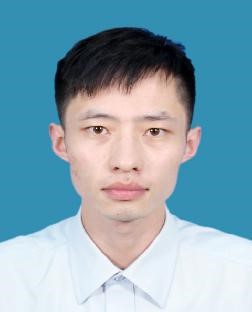
Mr. Binbin Huo is a PhD Candidate of Southeast University supervised by Prof. Yamei Zhang. He received his bachelor and master’s degree of chemical engineering in China University of Mining & Technology, Beijing. He is now focusing on activating the hydraulic reactivity and mitigating the poor soundness problems of steel slag powder (SS) as supplementary cementitious material. His research interests include etching mechanism, hydration and hardening properties of acids modified SS.
Using steel slag powder (SS) as supplementary cementitious material is hindered by its low hydraulic reactivity and poor soundness properties. In this investigation, a novel pretreating approach, dry chemical etching, was applied to modify the SS powder by using different kinds of acids. The influences of acid dosage, acid type, hydration and hardening properties of acids etched SS were comprehensively investigated. The morphological and mineralogical insights into acetic acid etching process on steel slag were also presented.
9:00 AM PST on Zoom
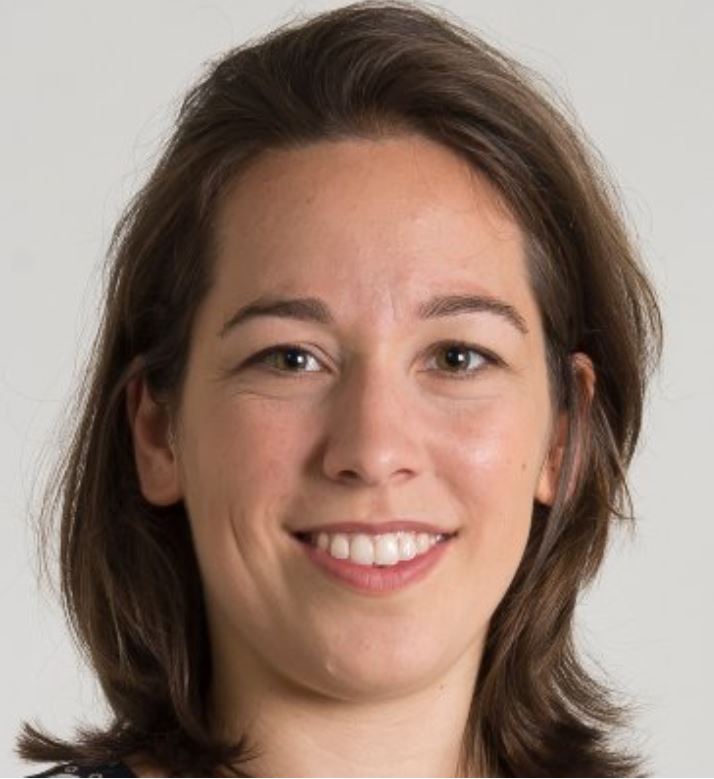
Professor Meagan Mauter holds bachelors degrees in Civil & Environmental Engineering and History from Rice University, a Masters of Environmental Engineering from Rice University, and a PhD in Chemical and Environmental Engineering from Yale University. She completed post-doctoral training in the Belfer Center for Science and International Affairs and the Mossavar Rahmani Center for Business and Government at the Harvard Kennedy School of Government, where she was an Energy Technology Innovation Policy Fellow.
At Stanford University, Professor Mauter is appointed as an Associate Professor of Civil & Environmental Engineering and as a Center Fellow, by courtesy, in the Woods Institute for the Environment. She directs the Water and Energy Efficiency for the Environment Lab (WE3Lab) with the mission of providing sustainable water supply in a carbon-constrained world through innovation in water treatment technology, optimization of water management practices, and redesign of water policies. Ongoing research efforts include: 1) developing automated, precise, robust, intensified, modular, and electrified (A-PRIME) water desalination technologies to support a circular water economy, 2) addressing the water constraints to deep decarbonization by quantifying the water requirements of energy systems and developing new technologies for high salinity brine treatment, 3) supporting design and enforcement of California agricultural water policy.
9:00 AM PST on Zoom
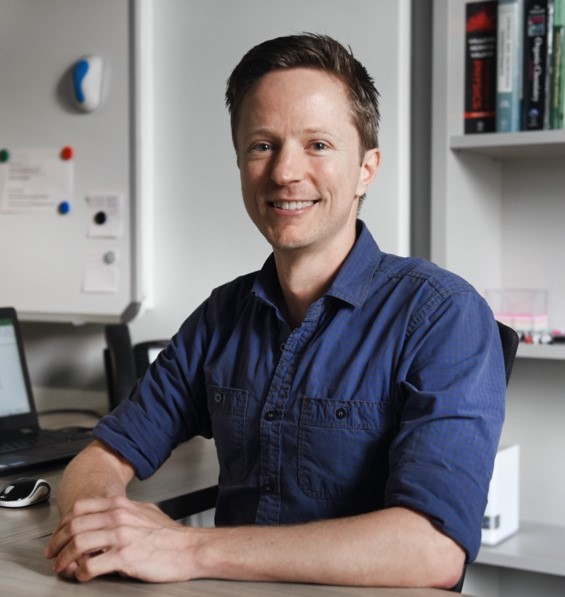
Trained as a Chemical Engineer, Dr Randall currently leads a team that is looking at novel ways to recover value from wastewaters. In 2018 he led the team that grew the world’s first bio-brick from human urine. He is an Associate Professor in Water Quality Engineering at the University of Cape Town and is passionate about the environment, sustainable sanitation processes and making a positive difference to society. He currently holds the prestigious Future Leaders – African Independent Researcher (FLAIR) Fellowship from the UK’s Royal Society. He is also a recipient of the Institution of Chemical Engineers (IChemE) Warner Prize for “exceptional research in sustainable chemical processes” as well as a Next Einstein Forum (NEF) Fellow.
This presentation will describe recent innovations at the University of Cape Town that focus on the upcycling of human urine into useful products such as fertilizer(s) and building material, while also reducing the nutrient loads to the environment. It will explain how a recently developed novel fertilizer‑producing urinal works and how this technology enabled the world’s first bio-brick to be grown from human urine in 2018.
This research has also resulted in the first urine collection and treatment system in a commercial South African building. This talk will give details about these innovations and describe the future of urine collection, treatment and general nutrient recovery opportunities. The talk focuses on rethinking buildings as mini-resource recovery plants that can produce water, energy and fertilizers within the confines of a city. This will allow us to achieve a more circular economy and sustainable future. We ultimately aim to disrupt the sanitation space by rethinking human urine as a resource because who knows what else we can manufacture from this ‘liquid gold’.
5:30 PM PST on Zoom
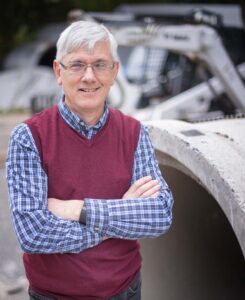
Trained in Australia, Dr Moore has been Canada Research Chair in Infrastructure Engineering at Queen’s University since 2001. His more than 300 publications examine conventional and trenchless construction of new and deteriorated water, sewer, and energy pipelines, and have underpinned dozens of contributions to North American and other international codes of buried pipe design practice. Research includes work clarifying the strength of new and deteriorated pipes, contributions to behaviour of pipe liners, pipes pulled into place using slip lining, pipe bursting and horizontal directional drilling, and studies of onshore and offshore oil and gas pipelines. Ian’s studies combine analysis of soil-pipe interaction, and use of the world’s most capable and active buried pipe testing facility that he has developed with his colleagues at Queen’s. Ian was the founding Director of the GeoEngineering Centre at Queen’s – RMC and served in that role from 2002 to 2018 when he was appointed Head of the Department of Civil Engineering at Queen’s. Recognition for Dr Moore’s work includes best paper awards from the ASCE, CGS, CSCE, ICE and NASTT, research and professional service medals from the Engineering Institute of Canada, the International Association of Computer Methods and Advances in Geomechanics, and Professional Engineers of Ontario, Fellowships in the Canadian Academy of Engineering and other learned societies, and dozens of Keynote and named Lectures. Ian served as Editor of the Canadian Geotechnical Journal from 2007 to 2008, and is currently serving a two year term as President of the Canadian Geotechnical Society.
9:00 AM PST on Zoom
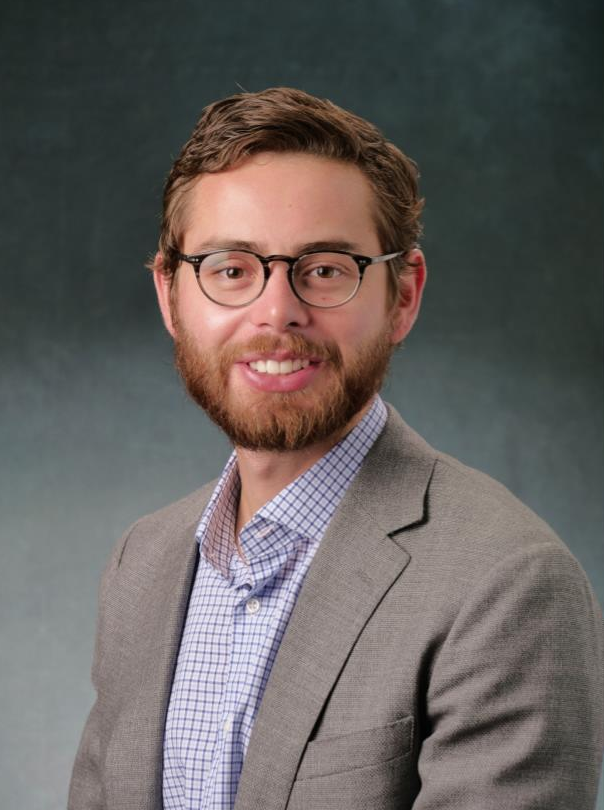
Dr. Anthony Straub is an Assistant Professor in the Environmental Engineering Program at the University of Colorado Boulder and is rostered in the Department of Civil, Environmental, and Architectural Engineering. His group leverages innovations in materials design to address critical environmental challenges related to sustainable water and energy. Much of his interest lies in developing next generation membrane materials to improve the efficiency of water reuse and desalination. Dr. Straub obtained his B.S. in the Department of Civil and Environmental Engineering at the University of Illinois at Urbana-Champaign. He earned his Ph.D., M.Sc., and M.Phil. at Yale University in the Department of Chemical & Environmental Engineering, where he was a National Science Foundation Graduate Research Fellow. Prior to starting at Boulder, Dr. Straub worked as a Postdoctoral Researcher in the Department of Materials Science and Engineering at Massachusetts Institute of Technology supported by a Swiss National Science Foundation Postdoctoral Fellowship.
9:00 AM PST on Zoom
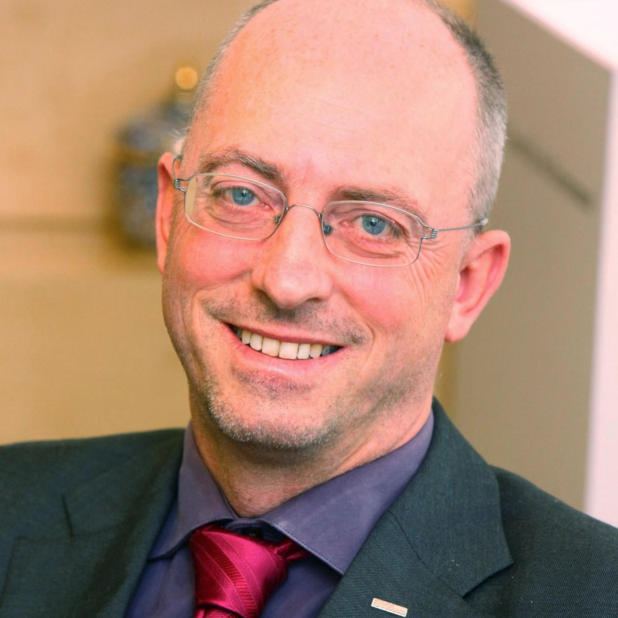
Dr. Mark van Loosdrecht is Professor in Environmental Biotechnology at Delft University of Technology, The Netherlands. His research is characterized by the combination of scientific understanding of complex microbial engineered ecosystems and development of new processes. Dr. van Loosdrecht’s scientific interests are mainly related to biofilm processes, nutrient conversion processes and the role of storage polymers in microbial ecology. His research has resulted in several processes currently applied on full scale such as the Sharon process, Anammox process and Nereda process. Currently PHA, Kaumera and Vivianite recovery processes are in scale-up phases. He was Editor in Chief of Water Research (2010-2019). He obtained several prizes for his work, including the Lee Kuan Yew Singapore Water Prize, Stockholm Water prize, Spinoza Award, Simon Stevin Award and the IWA grand award. He is member of the Royal Dutch Academy of Arts and Sciences, the Dutch Academy of Engineering (AcTI) and the Chinese and USA National Academy of Engineering. He was awarded a knighthood in the order of the Dutch Lion and honorary doctorates from U-Gent and ETH-Zurich. He has published over 800 scientific papers, has some 20 patents and has supervised over 60 PhD students.
9:00 AM PST on Zoom
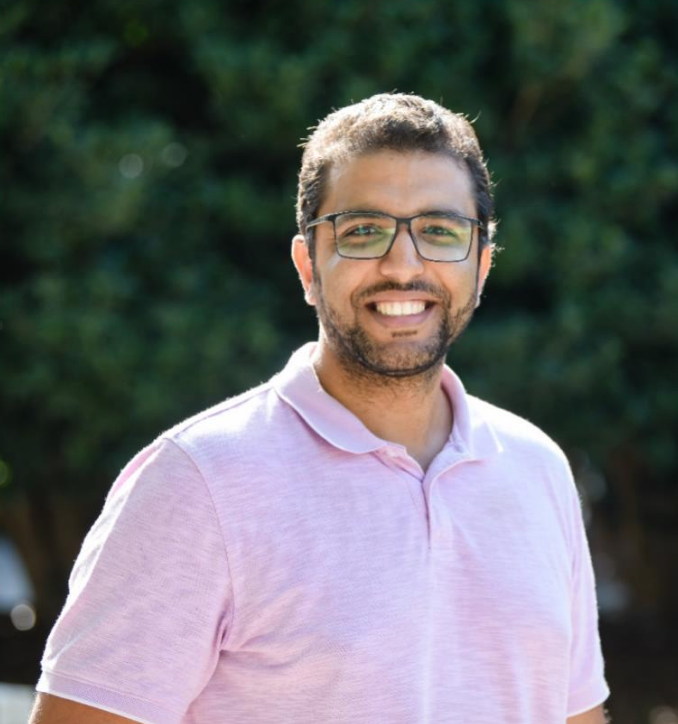
Abstract: You cannot taste or smell them in your tap water, but most municipalities in the United States now have drinking water supplies that are contaminated with trace levels of per- and polyfluoroalkyl substances (PFAS). PFAS are a group of persistent and mobile fluoro-organic chemicals that have been detected in many water supplies, and their recommended safe concentrations in drinking water are as low as 6 ng/L. Animal studies have found that animals exposed to PFAS at high levels resulted in changes in the function of the liver, thyroid, pancreas and hormone levels. Current technological advances suggest that amine-containing sorbents can provide alternative solutions to PFAS control in the treatment of municipal water and wastewater at relatively low PFAS concentrations. In this talk, I will answer and discuss: Why are amine-containing sorbents efficient for PFAS removal? What do we need to develop more efficient sorbents? I will also provide an outlook on the innovative research needed to develop more efficient sorbents that will enable compliance with the increasingly stringent regulations of PFAS.
9:00 AM PST on Zoom
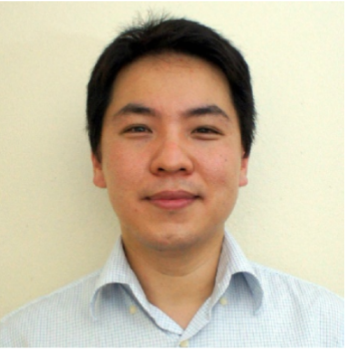
Abstract: With a burgeoning population, many regions of the world are under the increased pressure to secure reliable and dependable drinking water resources. As a means of alleviating the water stress, the reuse of municipal wastewater is a viable option for extending potable water supplies. However, since wastewater treatment plants are receiving bodies of waters from anthropogenic activities, advanced treatment technologies are critical to attenuate various classes of potentially harmful contaminants of emerging concerns (CECs), such as pharmaceuticals and personal care products, steroid hormones, and industrial contaminants, including per- and polyfluoroalkyl substances (PFAS). In this presentation, advanced treatment technologies for CEC control in water reuse will be presented. In addition, up-to-date strategies for monitoring treatment efficacy and ensuring water quality will be introduced.
5:30 PM PST on Zoom
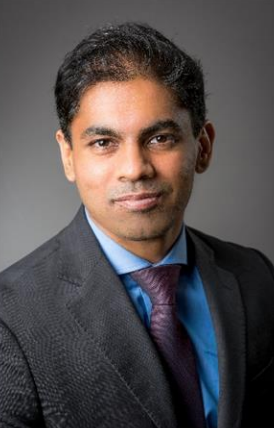
Dr. Sudip Talukdar is a SIERA Alumni member. He graduated from the University of British Columbia, Department of Civil Engineering in 2013, with a PhD focusing on Construction Materials. His thesis looked at the effects of climate change on concrete infrastructure. He is currently an instructor at the British Columbia Institute of Technology, Department of Civil Engineering, where he teaches courses in Structural Engineering and Construction Materials. He also works as a practicing Field Engineer with Metro Testing and Engineering. Additionally, he is a member of ACI Committees 130 and 506, and serves on the board of directors of the ACI-BC Chapter. Currently, his areas of research interest include concrete durability, development of alternative cementitious materials, and issues regarding shotcrete test standards.
9:00 AM PST on Zoom
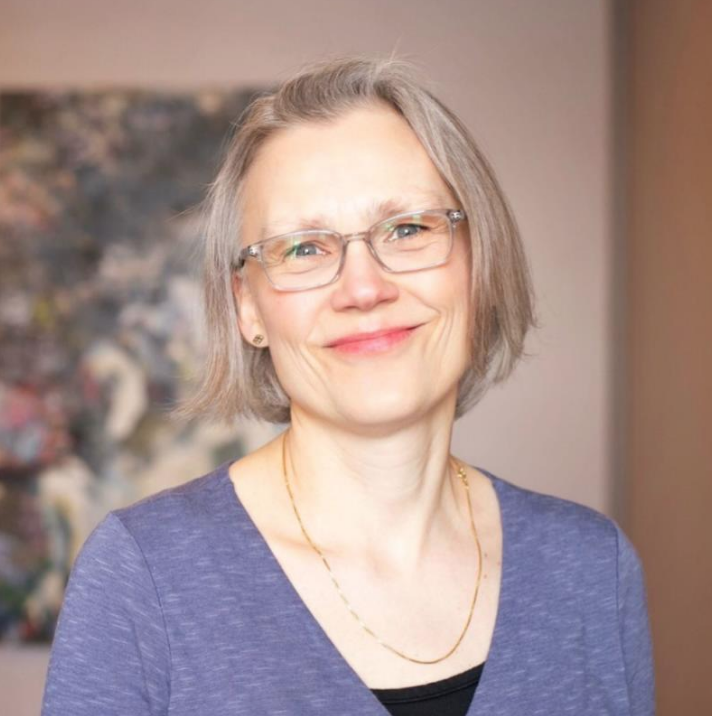
Abstract: Drinking water treatment and distribution have advanced to protect the majority of people in the U.S. from most waterborne diseases. However, research and practice continuously produce new knowledge, including the identification of new risks and benefits of microorganisms present in treated drinking water. My research group has partnered with the City of Ann Arbor Drinking Water Treatment Plant for more than a decade. I will present an overview of our collaboration to inspire others to engage in research-utility partnerships. I will highlight research on opportunistic bacterial pathogens, illustrate how research results have the potential to change practice, and provide examples on how to co-create the future of the water industry.
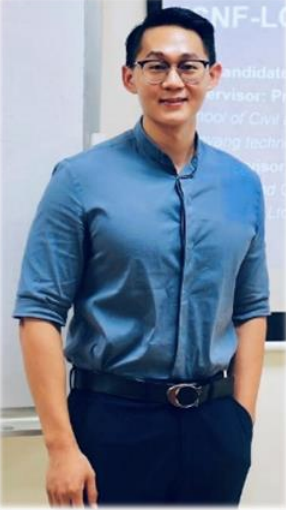
Dr. Wang Su completed his Ph.D. and M.Sc. degree (first class) at Nanyang Technological University (2014~2020) under the supervise of Prof Tan Kang Hai. Dr. Wang’s research activities are focused on nano-engineered ultrahigh performance concrete (UHPC) and derivate lightweight cementitious material with applications to building structures, infrastructures (bridges, roads and tunnels) and offshore/land grouting. He was awarded a full scholarship for Ph.D. candidate by Nanyang Technological University and twice National Scholarship (2011 & 2012) by the Ministry of Education of People’s Republic of China. He had 5 publications in SCI journals and conference proceedings during the Ph.D. study. His currently focused projects are repairing and grouting of bridge and highway by UHPC in North America and China and microbial induced corrosion of concrete for sewage tunnels in Singapore.
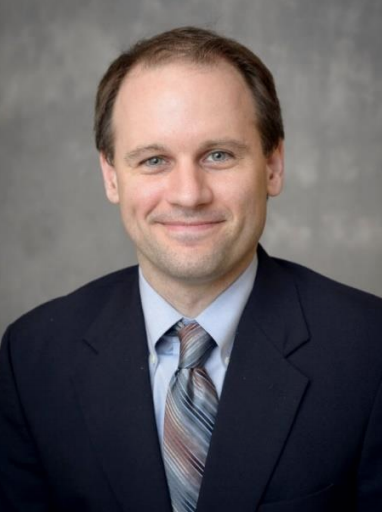
Professor Whelton has 20 years of experience in the infrastructure, public health, and environmental areas. He is nationally recognized for water infrastructure disaster response and recovery among other expertise. His teams have been called to help respond to and recover from widespread water distribution and building plumbing contamination in response to the 2014 MCHM chemical spill, 2017 Tubbs Fire, 2018 Camp Fire, and others. Prof. Whelton previously worked for the U.S. Army, private sector, National Institute for Standards and Technology (NIST), and the University of South Alabama. He earned a B.S Civil Engineering, M.S., Environmental Engineering, and Ph.D. Civil Engineering degrees from Virginia Tech. Public materials are available at www.PlumbingSafety.org
5:30 PM PST on Zoom.
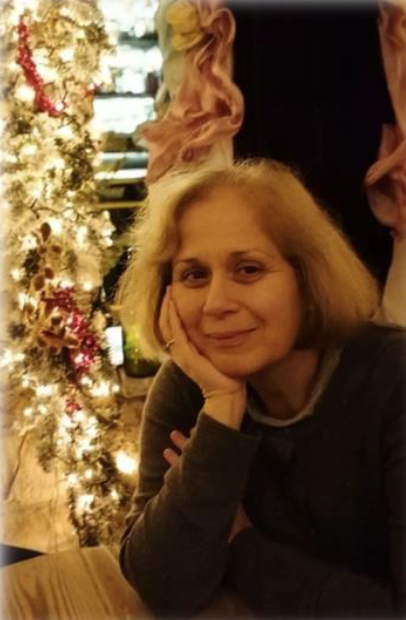
Dr. Voula Pantazopoulou holds an Undergraduate Degree in Civil Engineering from the National Technical University of Athens, Greece, and MSc and PhD Degrees from the University of California at Berkeley. She specializes in Reinforced Concrete Structures, Performance-based Earthquake Engineering, Structural Retrofit, and novel structural materials (such as CNTs in concrete, FRPs, UHPC, and structural biomaterials). Recent work deals with the development of innovative bricks with embedded biomaterial wastes, forensics of bridges damaged by Alkali-Aggregate Reactivity, Strain-hardening fibre-reinforced cementitious materials, sustainable concretes containing high volume of cement replacement with wastes, whereas a significant part of her past activity was dedicated to Seismic Assessment and Retrofit of Concrete Buildings and Bridges, evaluation and repair of corrosion-induced deterioration of structures, and the use of emerging materials in structural retrofit.
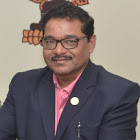
Prof. S. K. Gupta graduated in Civil Engineering from APS University, Rewa in 1994 and had completed M.Tech in Environmental Engineering from Rani Durgawati, Vishwavidyalay, Jabalpur in 1996. He received doctorate in Environmental Science & Engineering from Indian Institute of Technology Bombay in the year 2004. He worked in National Environmental Engineering Institute (NEERI), Nagpur for about one and half year and executed Solid Waste Management of Municipal Corporation of New Delhi, India. Prof. Gupta also worked in Royal Bhutan Institute of Technology, (RBIT), Phuensholing, Bhutan during 2004-05 and later joined Indian Institute of Technology (Indian School of Mines), Dhanbad in the year 2005. Prof. Gupta is now working as Professor & Head of the Department of Environmental Science & Engineering, Indian Institute of Technology (Indian School of Mines), Dhanbad. His research specialization includes water and wastewater engineering with special emphasis on the treatment of industrial wastewater using advanced bioreactors, drinking water quality, disinfection by-products management, municipal solid waste management, environmental audit and Environmental Impact Assessment. He has guided more than 30 M.Tech. and 13 Ph.Ds thesis and published more than 60 research papers in peer reviewed International Journals, one book and five book chapters. Prof. Gupta completed more than 100 consultancy projects, 8 GOI sponsored R & D projects and organized number of training program/conference/workshops in the field of water and wastewater management. He has also been awarded young Scientist award by American Academy of Science. He was of Member Expert Appraisal Committee (EAC) of MoEF & CC, GoI, New Delhi for Coal and Thermal power projects (2018-2020) and member of expert committee for NGT cases. He is also Life Member of Mining Geology and Metallurgical Institute of India and Indian Water Works Association.
His goal is to provide technology driven solutions for the benefit of community and society.

Daniele is an Associate Professor in Civil and Environmental Engineering at Tufts University. She is a public health engineer (MIT BS 1996, MIT M.Eng. 2001, PE 2003, PhD LSHTM 2011). She began working in water, sanitation, and hygiene to reduce the burden of infectious disease while earning her Master’s degree, after which she worked at MIT until she joined the Centers for Disease Control and Prevention in 2003. She completed her post-doctoral work at Harvard’s Center for International Development from 2010-2012, and joined Tufts University as a Professor in 2012.Her main research interest is how to reduce the burden of infectious diseases by investigating and evaluating the effectiveness of water and sanitation interventions Over the past twenty years, she has provided technical assistance or conducted research in more than 50 countries in Africa, Asia, and Central/South America in both development and emergency contexts, publishing over 80 manuscripts. She runs an active group completing laboratory, field, and policy research with a diverse funding portfolio.
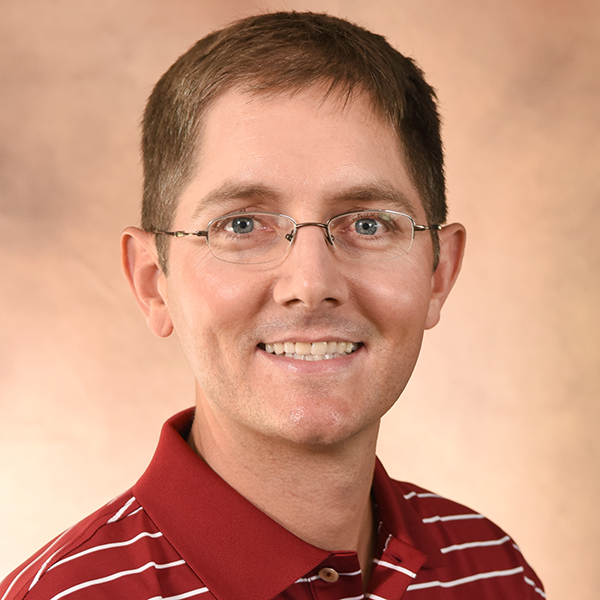
Treavor Boyer is an Associate Professor in the School of Sustainable Engineering and the Built Environment (SSEBE) at ASU and is Program Chair of the Environmental Engineering undergraduate degree program. His research interests span water quality and treatment with numerous projects on innovative applications of ion exchange technology such as PFAS removal from impacted water and nutrient recovery from source separated urine. Dr. Boyer is the recipient of an NSF CAREER Award entitled “Sustainable Urine Processes through Integration of Education and Research (SUPER).” Dr. Boyer earned his Ph.D. and M.S. degrees in environmental engineering from the University of North Carolina at Chapel Hill, and his B.S. degree in chemical engineering from the University of Florida. Dr. Boyer was previously an Assistant Professor and Associate Professor in the Department of Environmental Engineering Sciences at the University of Florida.
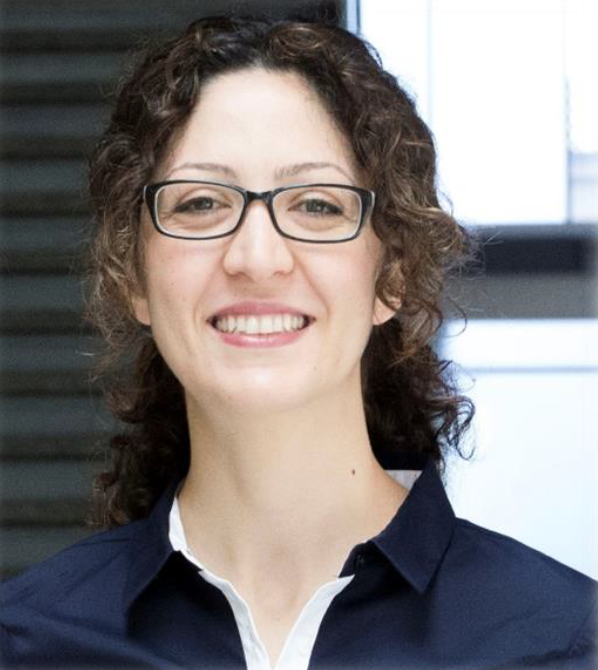
Fae Azhari is an Assistant Professor in the Departments of Mechanical & Industrial Engineering and Civil & Mineral Engineering at the University of Toronto. She completed her PhD in Structural Engineering and Mechanics at UC Davis and holds two master’s degrees, one in Industrial Engineering and Operations Research from UC Berkeley and the other in Civil Engineering from UBC. She is a registered Professional Engineer with five years of industry experience. Fae’s research focuses on structural health monitoring (SHM) and prognosis of engineering systems. Her main areas of research are (I) sensor development and assessing the performance of novel sensing devices, and (II) developing decision-making frameworks that use probabilistic models to translate collected data into meaningful information and efficient remedial strategies for various engineering systems.
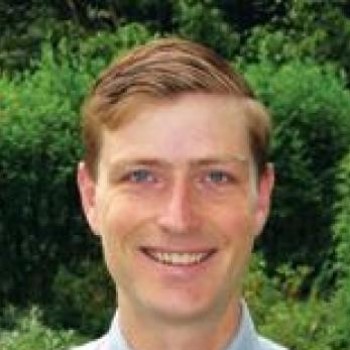
Bill Mitch is a Professor in the Department of Civil and Environmental Engineering at Stanford University. He has studied disinfection byproduct formation mechanisms over the past 20 years, with a particular focus on nitrosamines. His research has evaluated techniques to minimize the formation of disinfection byproducts. He obtained a BA in Archaeology from Harvard University and MS and PhD degrees in Civil and Environmental Engineering from the University of California at Berkeley. He received the 2004 Outstanding Doctoral Dissertation Award from the Association of Environmental Engineering and Science Professors and Parsons Engineering, and a NSF Career Award in 2007. He served as the Chair of the 2017 Disinfection Byproducts Gordon Conference. He served on a NWRI expert panel evaluating mixing of potable reuse discharges into the reservoir feeding the Las Virgenes-Triunfo drinking water plant. He holds a PE license in California.
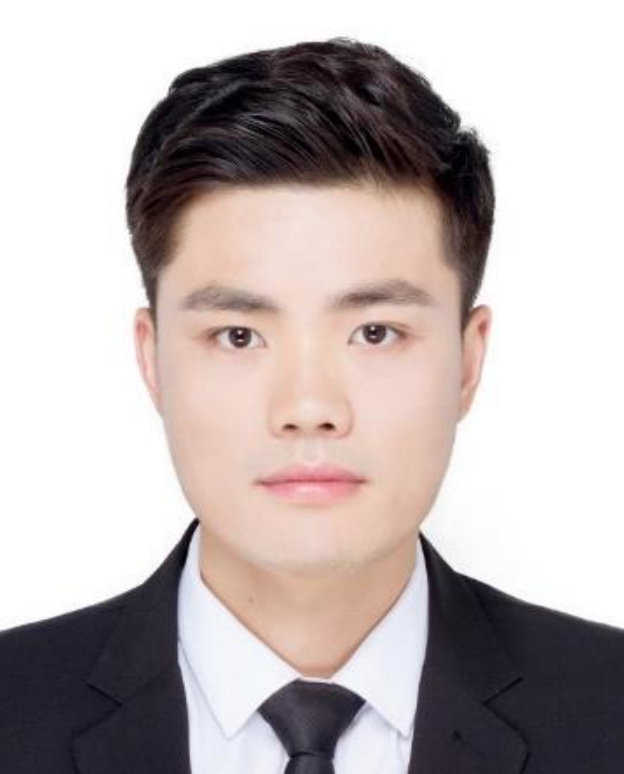
Ruilin is a PhD candidate in Southeast University, China. His research interests include the hydration mechanism, mechanical properties and shrinkage characteristic of alkali-activated cements (AACs). He is currently focusing on the interrelationship between the composition, micro-structure and macroperformance of AACs incorporating ferronickel slag.
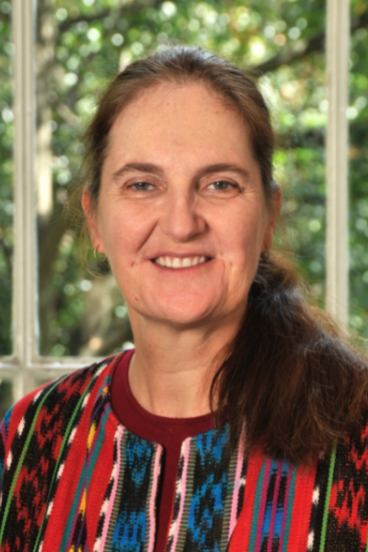
Susan Murcott is an innovator, entrepreneur and lecturer at MIT. She has held various research and teaching positions in the MIT Civil and Environmental Engineering Department, the Department of Urban Studies and Planning and today is based at D-Lab, a program at MIT that advances collaborative approaches and practical solutions to global poverty. She currently teaches two courses: D-Lab: Water, Sanitation and Hygiene (WASH) and D-Lab: Water, Climate Change and Health. She has an impressive record of water, wastewater and public health engineering interventions in 25 countries. She is well-known for mentoring students in designing solutions for low-income communities as well as in humanitarian disaster settings. She is currently the co-PI of the 2018-2020 project “Manufacturing and Marketing an E.coli Test Kits in Nepal” and the PI of a new project extending this same work into India, with support from MIT J-WAFs. For videos of her work, see: http://globalwater.mit.edu/videos
5:30 PM PST on ZOOM
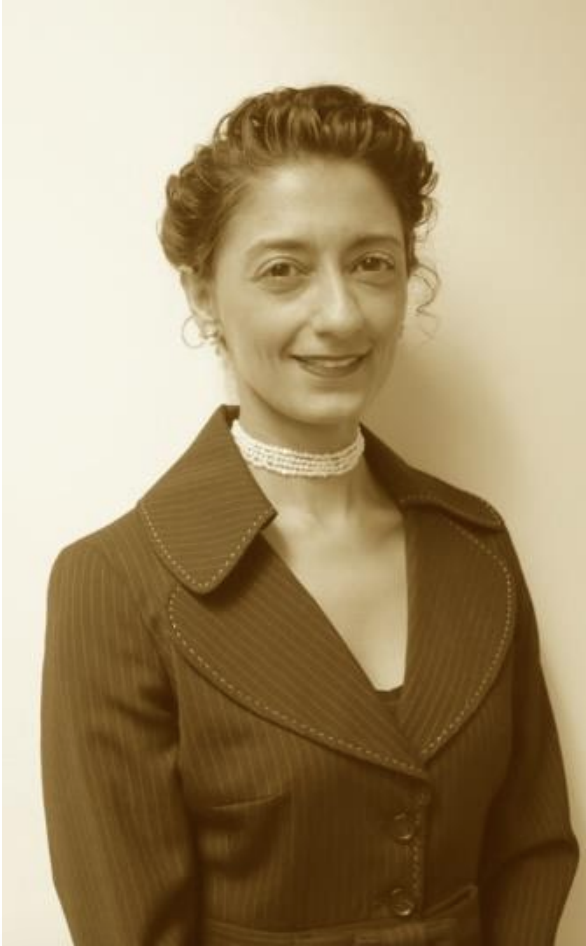
Prof. Panesar’s research activities are focused on the sustainability and durability of cement-based materials and structures with application to underground, nuclear, transportation and building structures. She is involved in national and international technical, scientific and code committees for example: Chair of CSA-N287.5 (since 2010); SMiRT Co-Chair Division 1- Mechanics of Materials (since 2011); Member ICIMPACTS Research Management Committee (since 2013); Member RILEM Technical Activities Committee (since 2018); editorial board member for Cement and Concrete Composites (since 2013), and is an associate editor of Canadian Journal of Civil Engineering (since 2018). Panesar has received honours including: P.L. Pratley Award (2007); Early Researcher Award by the Ministry of Economic Development and Innovation (2013-2018), and an Early Career Erwin Edward Hart Professorship (2016-2019) for her scholarship and exemplary graduate student mentorship
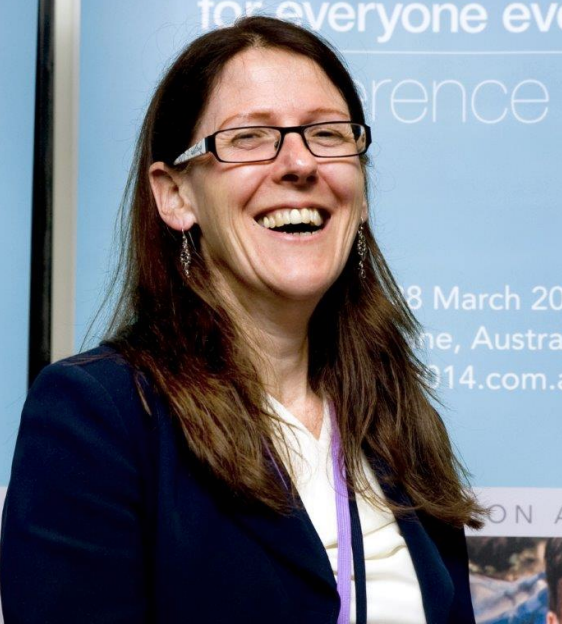
Dr. Barbara Evans is a chartered engineer with a second degree in Development Studies, and holds the chair in Public Health Engineering in the School of Civil Engineering at the University of Leeds. She leads a multi-disciplinary team that works on sanitation, hygiene and water services in the global south with a particular focus on urban sanitation in cities and towns. Professor Evans’ career spans 30 years; she worked as a consultant and at the World Bank for over twenty years before joining the University in 2009 and has lived and worked in South and East Asia, Africa and Latin America. Professor Evans writes about urban WASH services, planning, costing and financing of sanitation with occasional forays into other aspects of development, politics and governance. In addition, she provides strategic advice to the United Nations Joint Monitoring Program for Water and Sanitation, the RCUK Grand Challenges Research Fund; the Bill and Melinda Gates Foundation, the Container-based Sanitation Alliance and the Government of India. She has won several prizes, but is prouder of the cohort of brilliant early and mid-career graduates of the WASH training programme at Leeds who are now infiltrating government, the private sector and development agencies with a vision of effective modern public health engineering.
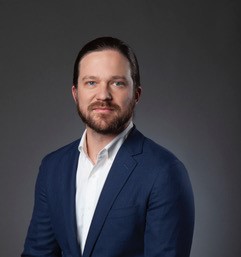
Dr. Daniel McCurry is an Assistant Professor of Civil and Environmental Engineering at the University of Southern California. Dr. McCurry completed his Ph.D. in Civil and Environmental Engineering with a Chemistry minor at Stanford in 2016. Prior to Stanford, he earned an M.S. in Environmental Engineering from Yale and a B.S. in Civil Engineering from the University of Cincinnati, and worked in the USEPA Office of Research and Development. He received the Rose Hills Foundation Research Fellowship in 2019 and NSF CAREER Award in 2020. Dr. McCurry’s research focuses on protecting public health by improving the long-term safety of engineered water sources. He applies the tools of environmental organic chemistry and analytical chemistry to water quality challenges related to chemical and ultraviolet disinfection of wastewater and drinking water, with a particular emphasis on identifying formation mechanisms and precursors of disinfection byproducts to facilitate their prevention.
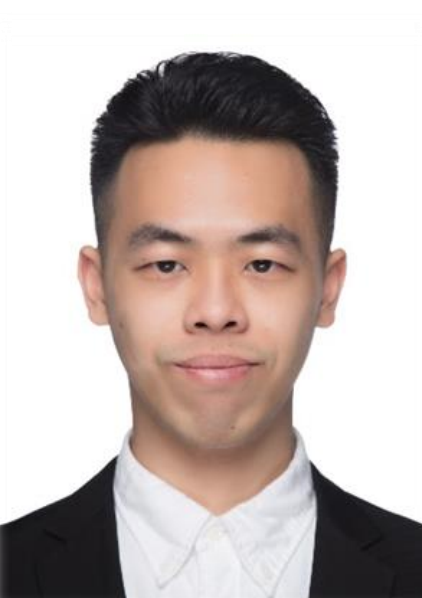
Mr. Shen Wang received his master’s degree from Southeast University (SEU), China, specializing in the utilization of ferronickel slag. During his master’s course, he also engaged in structural rehabilitation and conducted a field test lasting for over one year. After his master’s degree, he is now pursuing his Ph.D. at the University of British Columbia under the supervision of Dr. Nemy Banthia and Dr. Yamei Zhang. His research focuses on additively manufactured advanced composites.
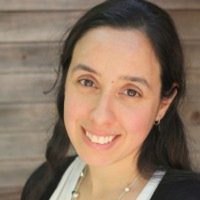
Onita D. Basu, PhD., P.Eng. is an Associate Professor in the Department of Civil and Environmental Engineering at Carleton University (Ottawa, Ontario). Dr. Basu obtained her Bachelors’ (Chemical Engineering) and Masters’ degrees (Civil/Environmental Engineering) at the University of British Columbia and her PhD at the University of Waterloo (Civil/Environmental Engineering). She specializes in process optimization of sustainable technologies with a particular focus in water treatment. Her water treatment work encompasses many aspects of filtration technology, from home-use pot filters, to industrial-scale biofilters and membrane technology. Her work on the ground in Tanzania has enhanced her personal awareness that technology alone is not the sole solution for uptake of clean water in many communities, and the need to incorporate social inquiry within technical research. She is also interested in the field of upcycling waste organics in the circular economy. Dr. Basu is a recipient of a 2019 Carleton Research Achievement Award and a 2020 Ottawa Chapter Professional Engineers Civics Award. She considers herself to be an “Average Jane” professor who never quite strikes the right work-life balance, either “working well” or “living well”, but just apparently never at the same time!
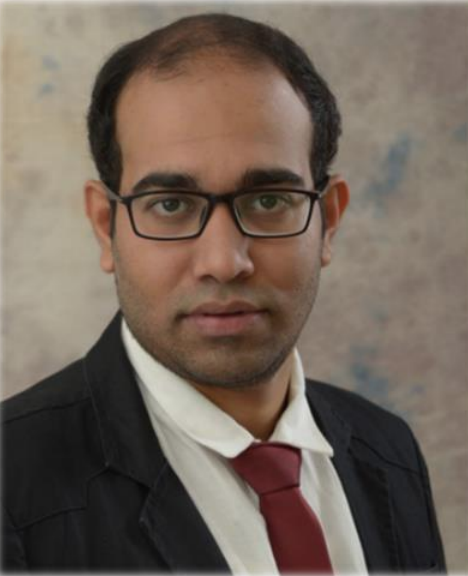
Dr. Biranchi Panda is an Assistant Professor at Indian Institute of Technology (IIT) Guwahati, India. Before joining IIT, Dr. Panda was a Research Associate in Singapore centre for 3D printing (SC3DP) and obtained his Ph.D. in “3D concrete printing” from Nanyang Technological University (NTU), Singapore.
Dr. Panda’s research focuses on sustainable multifunctional composites and lies at the intersection of advanced manufacturing, materials science, and multi-scale, multi physics modelling. Examples of his current projects include additively manufactured smart composites, digital construction and ceramic additive manufacturing.
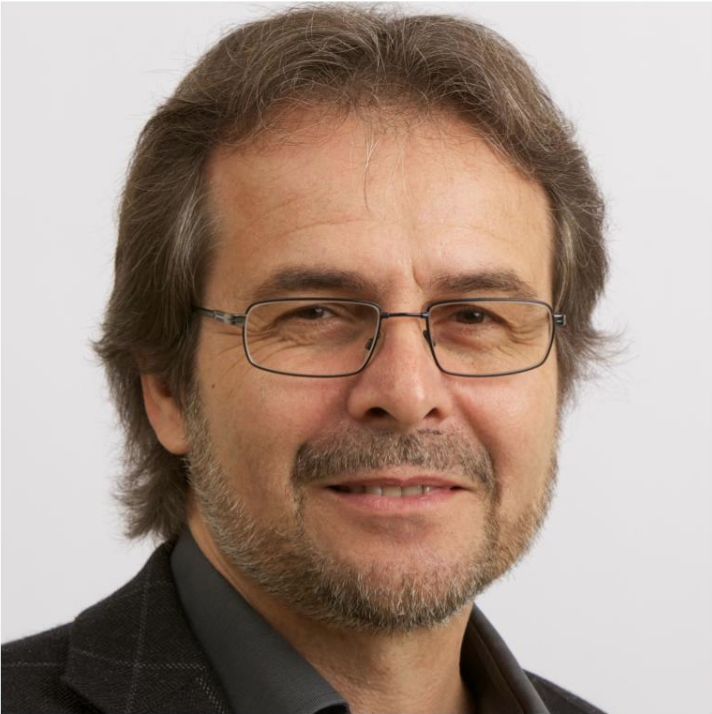
Dr. Bernhard Truffer is head of the environmental social science research department at the Swiss Federal Institute for Aquatic Science and Technology (Eawag) in Switzerland and a professor at the Copernicus Institute of Sustainable Development at Utrecht University. His expertise is on sustainability transitions in infrastructure sectors such as urban water management, electricity or transport. In particular, he focuses on the geographical conditions of these transitions in specific regions and countries but also at the global scale.
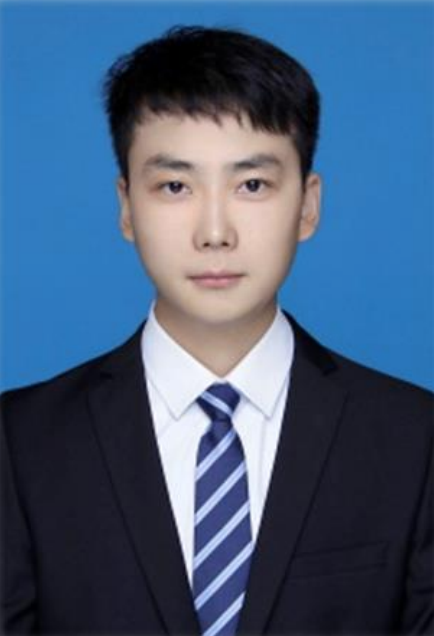
Dr. Bao Lu received his Ph.D. from Hunan University (HNU), China, specializing in microstructure of CO2 cured cement paste and its properties by further water curing. After his Ph.D., he is now working in Yancheng Institute of Technology. He is working on CO2 curing for lower calcium cement and industrial waste.
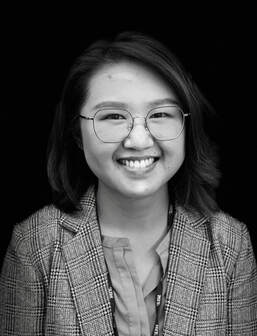
Dr. Boya Xiong will join the Department of Civil, Environmental and Geo-Engineering at University of Minnesota as an assistant professor in August 2020. Dr. Xiong’s research focuses at the interface of polymer science, environmental chemistry, and membrane material science, to i) elucidate the fundamental mechanisms of polymer degradation (e.g., micro/nanoplastic generation) that dictates the environmental fate and shapes sustainable design and management of future polymer chemicals and materials; ii) develop novel nature-inspired membrane material architecture to enable efficient separation and mitigate pathogenic contamination and fouling in engineered systems. Xiong brings broad experience in polymer degradation science, organic fingerprinting analysis, membrane-based brine treatment, bio-based chemical separation, and sustainable drinking water treatment. Xiong earned a Ph.D. in Environmental engineering at Pennsylvania State University where she also obtained her M.S. in Agricultural and Biological Engineering. Xiong earned a B.S. in Biotechnology from East China University of Science and Technology, when she researched marine microbiology at Flinders University of South Australia. Prior to her appointment, Xiong is working as a postdoctoral associate on multiple sustainable materials and water quality related projects with interdisciplinary efforts at MIT.
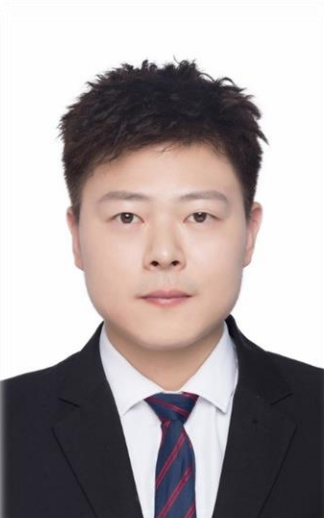
Dr. Shunquan Zhang is now a postdoctoral fellow in Southeast University, China. He received his Ph.D in Materials Science and Engineering from the same university. He is now focusing on the preparation of embedded piezoelectric ultrasonic transducer and its application in civil engineering. His research interests include online monitoring of setting and hardening process of cementitious materials and damage behavior of concrete and reinforced concrete by using embedded ultrasonic transducers.
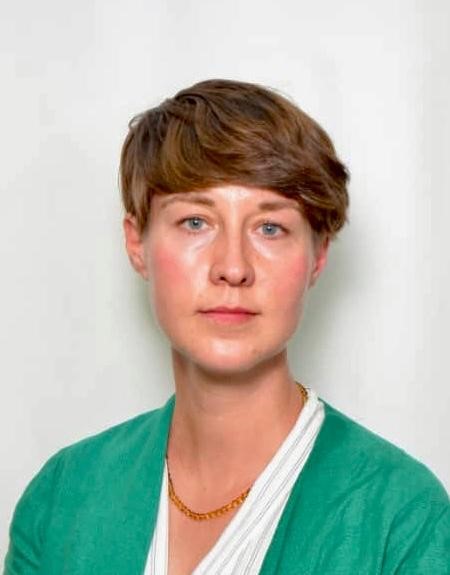
Elizabeth Tilley is currently a Senior Lecturer in the Department of Environmental Health at the University of Malawi, the Polytechnic in Blantyre, Malawi, and an adjunct professor at the University of Victoria. As an engineer and an economist, she is interested in the technological, social, and financial drivers for sustainable urban services in low-income settings. She got her M.ASc. from the University of British Columbia under the supervision of Dr. Don Mavinic and Dr. Jim Atwater and further went on to get her PhD from ETH Zurich (Eawag) With a background in both environmental engineering and development economics, she uses a variety of methods to identify and test acceptable, affordable, sustainable options for improving sanitation infrastructure, use and maintenance. She has worked with service providers, local municipalities, universities, donors and NGOs across several countries including: Canada*, Switzerland*, Mexico*, Nepal, South Africa*, Kenya, Tanzania, Uganda, Costa Rica, Egypt, Ecuador, Peru, Nicaragua (*indicates long-term stays)
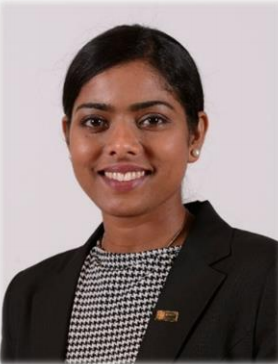
Dr. Pampa Dey joined the Department of Civil and Water Engineering at the Laval University, Canada in 2018 as an Assistant Professor. Currently, she also holds the Chair in Educational Leadership on Sustainable Design of Aluminum Structures and she is affiliated to the REGAL- aluminum research centre. She has received her Master’s degree from the Indian Institute of Technology Kanpur (India), followed by her doctoral degree from the University of Waterloo (Canada). Through her research program, she aims at developing novel design and maintenance solutions for sustainable lightweight structures. Her research interests revolve around lightweight structures, human-induced vibrations, bridge design, reliability analysis, and condition monitoring of structures.
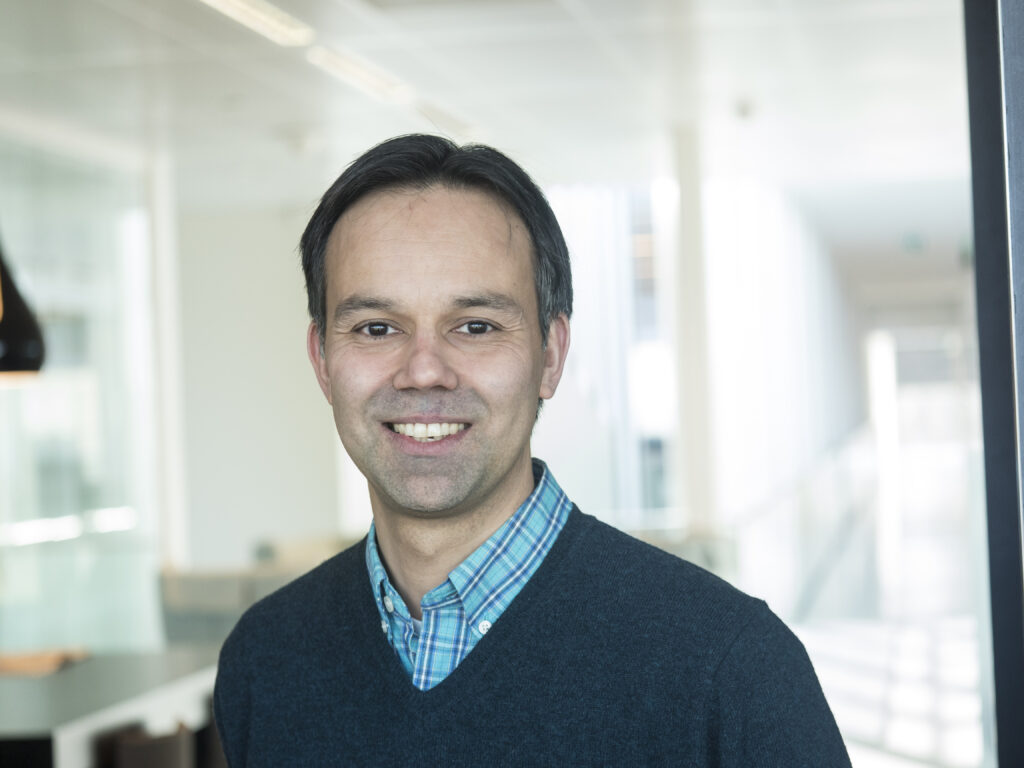
Prof. Emile Cornelissen is a Senior Scientific Researcher at KWR Water Research Institute in the Netherlands and part-time Professor at the Particle and Interfacial Technology Group at the University of Ghent in Belgium (since 2017). He works also as a Visiting Scientist at the Singapore Membrane Technology Centre (SMTC) at the NTU in Singapore (since 2014).
He obtained his Chemical Engineering MSc (1992) and PhD degree (1997) at the University of Twente (the Netherlands). His research topics include membrane fouling and cleaning, rejection of emerging contaminants by pressure and osmotic driven membranes and developing innovative membrane based concepts1.
He published more than 100 papers in well-respected scientific journals (h-factor of 32), co-filed 5 patents and written three book chapters. He received several innovation awards in the field of water treatment and membrane filtration.
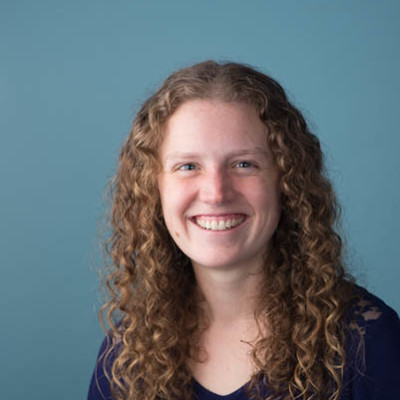
Dr. Rachel Scholes will join the Department of Civil Engineering at the University of British Columbia as an assistant professor of Environmental Engineering in July 2021. Dr. Scholes brings experience in environmental chemistry, engineering, and safer chemical alternatives in order to address contaminants of concern for human and environmental health. Her research focuses on optimizing trace contaminant removal in engineered and nature-based water treatment systems, and on identifying alternatives to harmful chemicals. Dr. Scholes earned an M.S. and Ph.D. in Environmental Engineering from the University of California, Berkeley, and a B.S. in Chemical Engineering from Northwestern University. She has been recognized with fellowships from the Fulbright Association, the National Science Foundation, and UC Berkeley’s Graduate Division. Prior to her appointment at UBC, she is conducting safer chemicals research at the U.S. Department of Agriculture’s Bioproducts Research Unit.
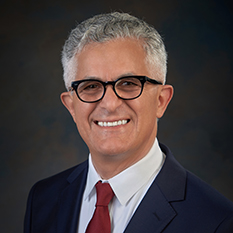
Menachem Elimelech is the Roberto Goizueta Professor at the Department of Chemical and Environmental Engineering at Yale University. His research focuses on membrane-based technologies at the water-energy nexus, materials for next-generation desalination and water purification membranes, and environmental applications of nanomaterials. Professor Elimelech was the recipient of numerous awards in recognition of his research contributions. Notable among these awards are the 2005 Clarke Prize for excellence in water research; election to the US National Academy of Engineering in 2006; Eni Prize for ‘Protection of the Environment’ in 2015; and election to the Chinese Academy of Engineering in 2017. Professor Elimelech is also a Highly Cited Researcher in two categories (Chemistry and Environment/Ecology). Professor Elimelech has advised 41 PhD students and 36 postdoctoral researchers, many of whom hold leading positions in academia and industry. In recognition of his excellence in teaching and mentoring, he received the W.M. Keck Foundation Engineering Teaching Excellence Award in 1994, the Yale University Graduate Mentoring Award in 2004, and the Yale University Postdoctoral Mentoring Prize in 2012.
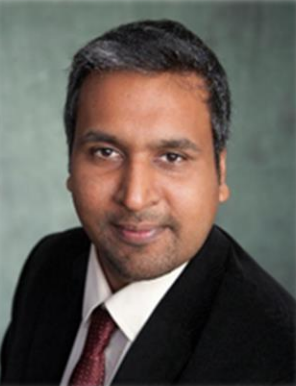
Dr. Rishi Gupta is an Associate Professor in the Department of Civil Engineering at the University of Victoria. He received both a masters and a PhD in Civil Engineering from the University of British Columbia. His current research is focused on studying the early-age behavior of cement-based composites containing SCMs and fibers. His areas of interest include development of sustainable construction technologies, masonry structures, hybrid absorbable landscapes, structural health monitoring, and non-destructive testing. He has more than 15 years of combined academic and industry experience. His industry experience includes working as the Director of Research of Octaform Systems Inc in Vancouver. Dr. Gupta is a Fellow of Engineers Canada and the past chair of the EGBC’s Burnaby/New West branch. He is the past Chair of the international affairs committee of the Canadian Society of Civil Engineering (CSCE). He is a long standing member of the American Concrete Institute and is also a voting member of several subcommittees of ASTM C 09.
SEC Keynote during the Annual Research Conference
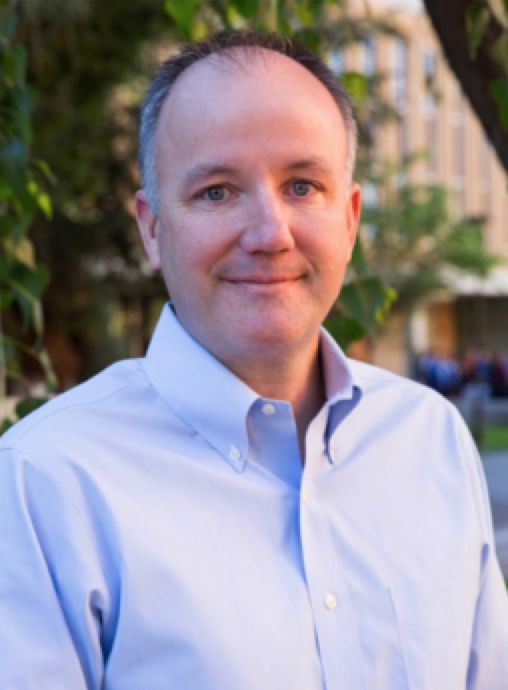
Dr. Paul Westerhoff is a Regents Professor in the School of Sustainable Engineering and the Built Environment at Arizona State University and the Fulton Chair of Environmental Engineering. He joined ASU in 1995 and after serving as the Civil and Environmental Engineering Department Chair he was the Founding Director for the School of Sustainable Engineering and the Built Environment. Since then he has served as an Associate Dean of Research in Engineering, ASU Vice Provost for Academic Programming, and Vice Dean for Research and Innovation in Engineering.
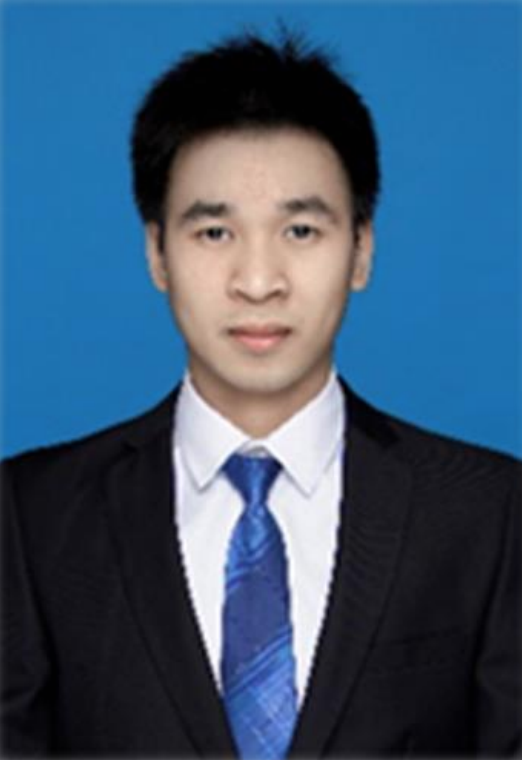
Dr. Jianhui Liu received his Ph.D. from Hunan University (HNU), China, specializing in internal curing of ultra-high performance concrete (UHPC) by using superabsorbent polymer and lightweight sand and the shrinkage control of UHPC. After his Ph.D., he is now working as a Postdoctoral Fellow at HNU. He is working on strengthening treatment of recycled aggregate by CO2 curing, CO2 curing for industrial waste: such as steel slag products, and internal curing of UHPC.
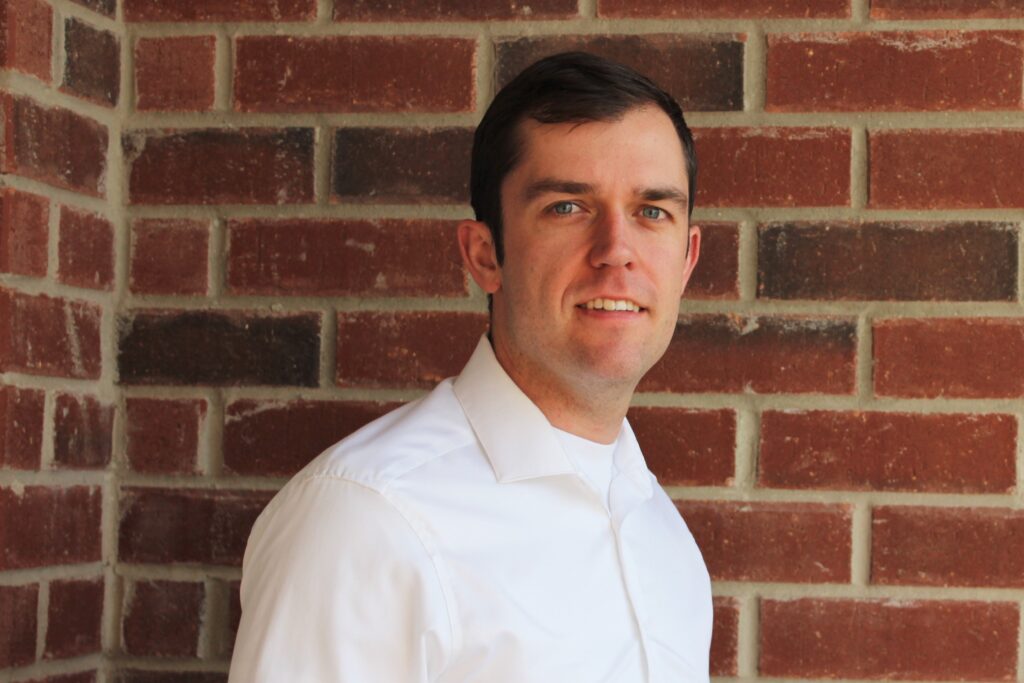
Dr. McKie is a Post-Doctoral Fellow in the Drinking Water Research Group at the University of Toronto. He completed his PhD and MASc at the University of Toronto focussing on biological drinking water treatment. His research has demonstrated the ability for biofiltration to reduce the formation of DBPs including THMs, HAAs, HANs, NDMA and MX, as well as provide removal of pharmaceuticals and artificial sweeteners. Ultimately, this work lead to the identification of relationships that combine process operation with biological parameters to estimate water quality. He is actively involved in AWWA and IOA committees and is hoping to pursue a career in academia.
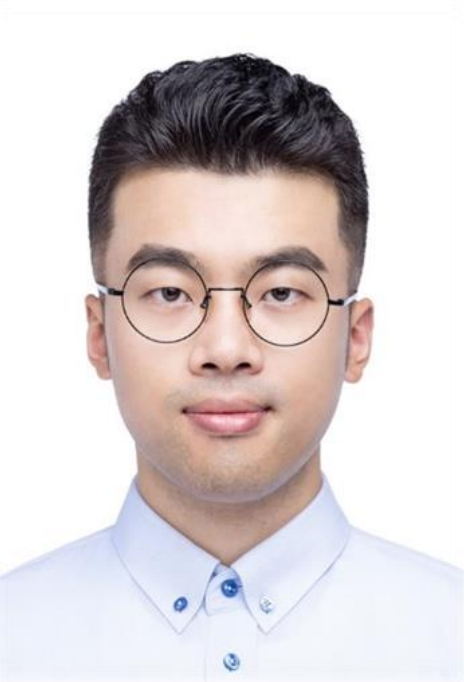
Dr. Zijian Jia is a postdoctoral fellow at the Southeast University, China. He received his Ph.D in Materials Science and Engineering from the same university. He is now focusing on the leaching behavior of different cementitious system at micro-nano scale. His research interests include micromechanical properties of cementitious material, microstructure evolution of cementitious material at high temperature and leaching behavior of cementitious material.
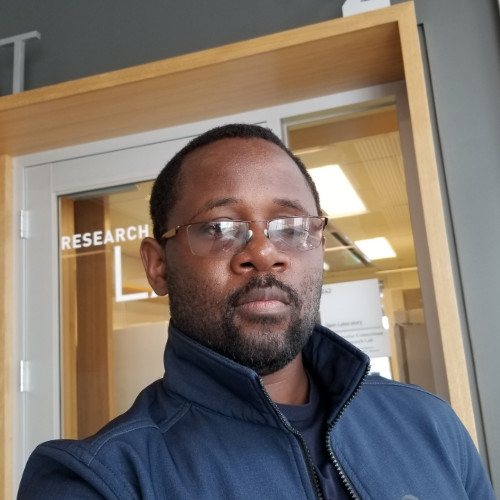
Dr. Patrick Mirindi is a medical doctor, trained in Public health with expertise in Epidemiology. He has specialized in the Control of Diseases and Environmental Health and actively works with the Ebola Outbreak and COVID-19 Response Team within the Health Information and Risk Assessment Regional Office at the WHO. He has also worked on several humanitarian responses in preparedness/response/assessment of health disasters in Haiti and DR Congo with International Organizations such as Kohler, R2HC, Johns Hopkins and Tufts University.
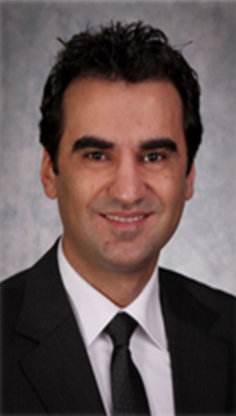
Dr. Gül is an Associate Professor at the University of Alberta (UofA). Before joining the UofA in 2011, he was a postdoctoral research at the University of Central Florida, where he also obtained a PhD degree in Civil Engineering in 2009 and an MSc degree in Electrical Engineering in 2011. Dr. Gül’s recent research efforts mainly focus on developing Crowdsensing-based Infrastructure Monitoring (CbIM) technologies and improving the performance of Civil Infrastructure Systems (CIS) for creating a smart,
sustainable, and resilient cities and infrastructure systems. He has been also conducting research on energy-efficient buildings and renewable energy systems for creating smart, sustainable, and energy-efficient communities. Dr. Gül serves as an Associate Editor for the Journal of Civil Structural Health Monitoring (Springer) and serves as the Chair of the Structural Identification of Constructed Systems Technical Committee of the
American Society of Civil Engineers (ASCE) and Structural Engineering Institute.
5:00 PM PST on ZOOM
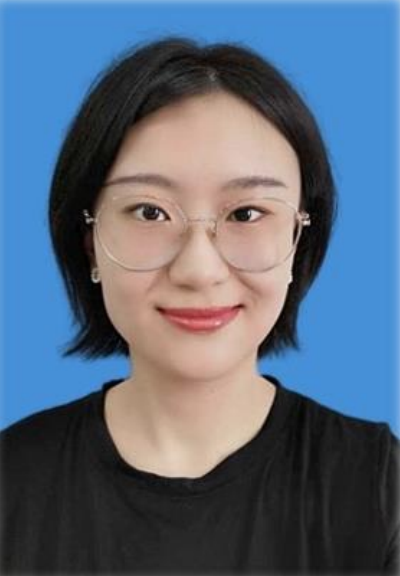
Dr. Qiannan Wang is now a lecturer in Zhejiang University of Science &
Technology. She received her Ph.D. in Materials Science and Engineering from Southeast University. During her Ph.D., she was a visiting student at UBC for 2 years. Currently, she is working on the durability of fibre-reinforced cementitious composites (FRCC). Her research interests include chloride and water transport properties of FRCC, development and optimization of hydraulic lime, and preservation of heritage buildings and sites.
9:00 AM PST on ZOOM
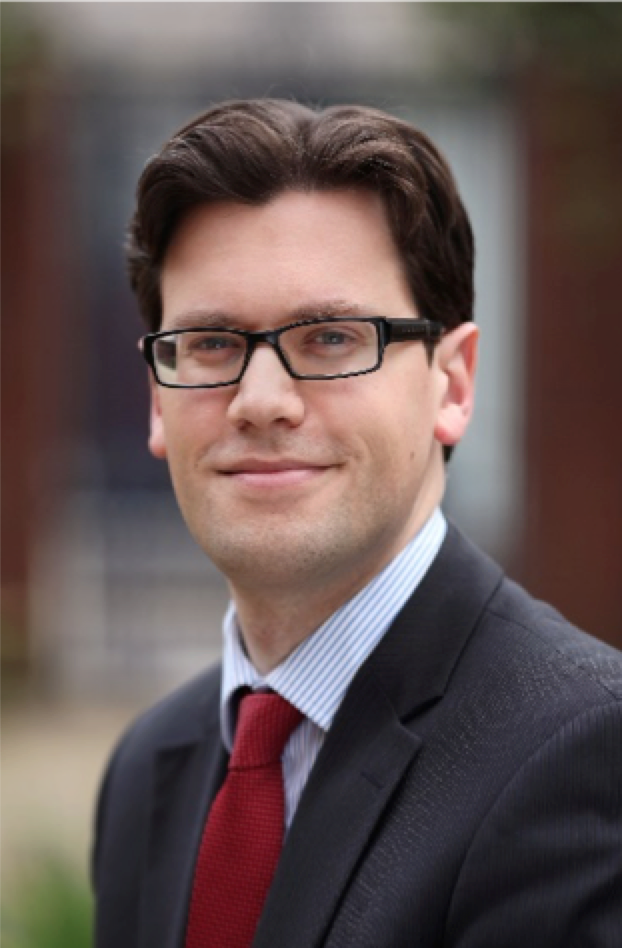
Prof Templeton is a chartered civil engineer and Professor of Public Health Engineering in the Department of Civil and Environmental Engineering at Imperial College London, UK. His research focuses on effective water supply and sanitation interventions in low-income countries, and to-date he has collaborated on studies with partners in countries including Ethiopia, Tanzania, Ghana, Senegal, Cote D’Ivoire, Benin, Sierra Leone, Nepal and India. He is a Fellow of the Institution of Civil Engineers and he has served on expert advisory panels for a number of organizations including the World Health Organization and the Ethiopian Federal Ministry of Health. He is also the Director of Undergraduate Studies for the Department.
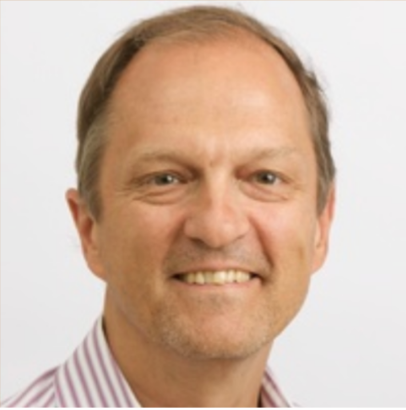
Dr. Christoph Lüthi is an urban infrastructure planner with over 20 years of experience in planning and design of basic infrastructure in middle and low-income countries. He has a Master’s Degree in Urban Development Planning from the University College of London (UCL), and a PhD in Urban Planning & Engineering from the TU Berlin. He has conducted research on urban planning and infrastructure issues in Kenya, Uganda, Tanzania, India, Vietnam and Nepal. In 2005 he joined Sandec as Leader of the Strategic Environmental Sanitation Planning Group. At Sandec he works on state-of-the-art planning tools and frameworks. Since 2015 he heads the research department for Sanitation, Water and Solid Waste for Development (Sandec) at the Swiss Federal Institute of Aquatic Research and Technology (Eawag)
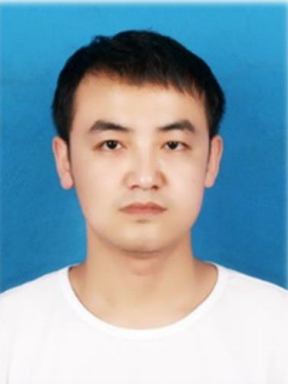
Dr. Ning Li is now a postdoctoral fellow in Hunan University, China. He received his Ph.D. in Civil Engineering from the same university. Currently, he is working on composition design and performance optimization of geopolymer-based oil well cement. His research interests include industrial wastes utilization and management, alkali-activated/geopolymer cements and concretes, rheology of Portland and low-carbon cements and concretes, and concrete durability assessment and improvement
Online Seminar with Nader Aly, PhD, EIT
Postdoctoral Research Fellow
Department of Buildings, Civil & Environmental Engineering
Concordia University, Montreal, Québec, Canada
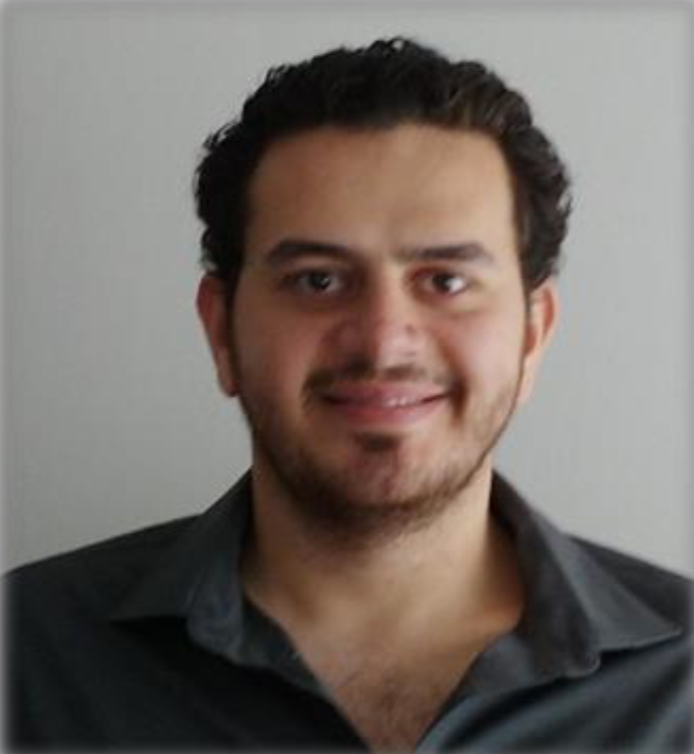
Dr. Nader Aly has obtained his Ph.D. in Structural Engineering from Concordia University, Montreal, Quebec, Canada. He received his M.Sc. and B.Sc. from the American University of Sharjah, Sharjah, UAE. His doctoral research involved largescale experimental testing and numerical simulations of reinforced concrete masonry shear walls. His research interests include reinforced concrete and masonry structures, innovative structural systems, earthquake engineering, and structural dynamics. Prior to his doctoral studies he had over five years of experience in the analysis and design of reinforced concrete and prestressed concrete structures according to the American, Canadian, and British Codes and Standards. He is currently a Postdoctoral Fellow in the Department of Building, Civil and Environmental Engineering at Concordia University
Online Seminar with Dr. Zhang Dong, Research Fellow, Nanyang Technological University
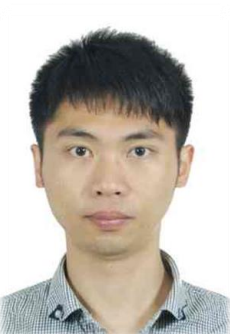
Dr. Zhang Dong received his Ph.D. from Nanyang Technological University, Singapore, specializing in spalling resistance of fibre embedded ultra-high-performance concrete at elevated temperature with emphasis on the mechanism of spalling prevention with different fibres. After his Ph.D., he is now working as a Research Fellow at NTU. He is working on repair system of corroded concrete and spalling-free self-compacting concrete and structural light-weight concrete. His research interest spans fire resistance of concrete, corrosion of concrete and fire engineering.
Online Seminar with Saikat Bagchi, Doctoral Student, Department of Civil Engineering, Concordia University, Montreal, Canada

Saikat is a Civil/Structural Engineer with 5+ years of experience in Structural design consultancy for the Power and Steel Plants. He has completed his bachelor’s degree from Jalpaiguri Govt. Engineering College (2009), and his master’s degree (MS) at the Indian Institute of Technology Madras was focused on computational engineering seismology. Presently Saikat is pursuing his doctoral research in the area of energy-based design of structures against dynamic loading, at the Department of Building, Civil and Environmental Engineering of Concordia University, under the supervision of Prof. Ashutosh Bagchi. Before joining Concordia, Saikat worked at Siemens Ltd. as a Senior Executive (2015 – 2017). In Siemens, he served the Civil Engineering design team as the acting team leader for the Nuclear Power Plant (NPP) project Olkiluoto 3, the largest NPP on earth. Saikat has also worked in M. N. Dastur & Co.P) Ltd. as a structural design engineer for some of the major Steel Plants of India and Libya.
Online Seminar with Mohammed Farooq, PhD Candidate, SIERA: Sustainable Infrastructure Research Group, Civil Engineering Department, UBC

Mohammed Farooq is a PhD candidate at the University of British Columbia. He received his MASc from the same university and his BE in Civil
Engineering from BMS College of Engineering, Bangalore, India. His research interests include fiber-reinforced polymers, fiber-reinforced concrete, geopolymers, smart materials, sensors and structural health monitoring.

Online Seminar with Xue Ouyang, PhD Candidate, School of Civil Engineering, Hunan University
Xue Ouyang is currently pursuing her Ph.D. at the College of Civil Engineering, Hunan University under the supervision of
Prof. Caijun Shi. Her research has focused on the research of mechanical properties and constitutive relationship of ultrahigh performance concrete
Online seminar with Dr. Ehsan Haghighat, Postdoctoral Fellow, University of British Columbia, Research Affiliate, Massachusetts Institute of Technology.
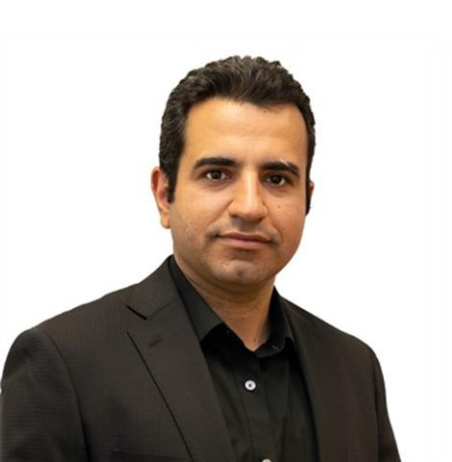
Dr. Ehsan Haghighat is a Postdoctoral Fellow in the UBC Civil Engineering Department. Before joining UBC, he was a Postdoctoral Associate with the Civil and Environmental Engineering Department of MIT where he studied Induced Seismicity problem due to CO2
sequestration and oil and gas injection and production, Stochastic Modelling and Machine Learning of engineering systems. He received his Ph.D. from McMaster University specializing in constitutive modelling of geomaterials with emphasis on modelling plastic deformation and damage, and numerical methods including FEM, XFEM, and Meshfree. After his Ph.D., he worked at Forming Technologies Inc, Burlington ON, as a mechanics developer and project leader, where he developed Implicit FEM solver for the Sheet Metal Forming process through Mechanics of Shell and Contact with large deformation considerations. His research interest spans the mechanics of solids and fluids, multi-phase flow in porous media, and numerical methods. At UBC, he is working on stochastic modelling of engineering systems with an emphasis on uncertainty quantification and machine learning.
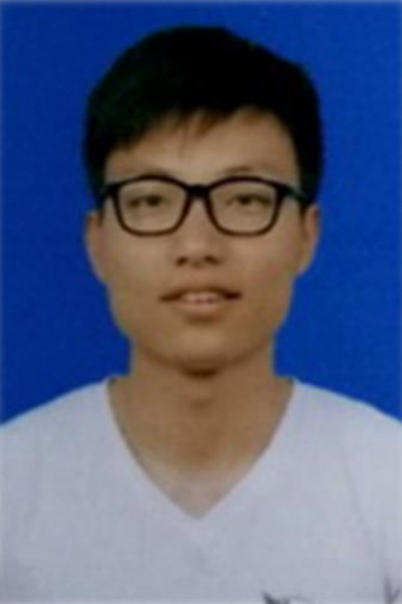
Online Seminar with Sailong Hou, PhD Student, School of Civil Engineering, Hunan University
Sailong Hou is a Ph.D. student in the material engineering group, civil engineering department, Hunan University. He is working on quantitative evaluation of self-healing of ultrahigh performance concrete (UHPC)
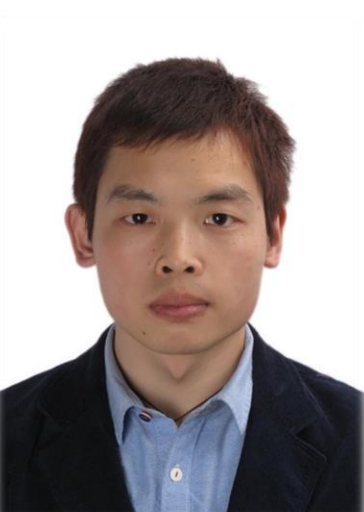
Huang Li, PhD candidate, School of Civil Engineering, Hunan University
Huang is a PhD Candidate at the school of civil engineering at
the Hunan University. Huang’s research areas include:
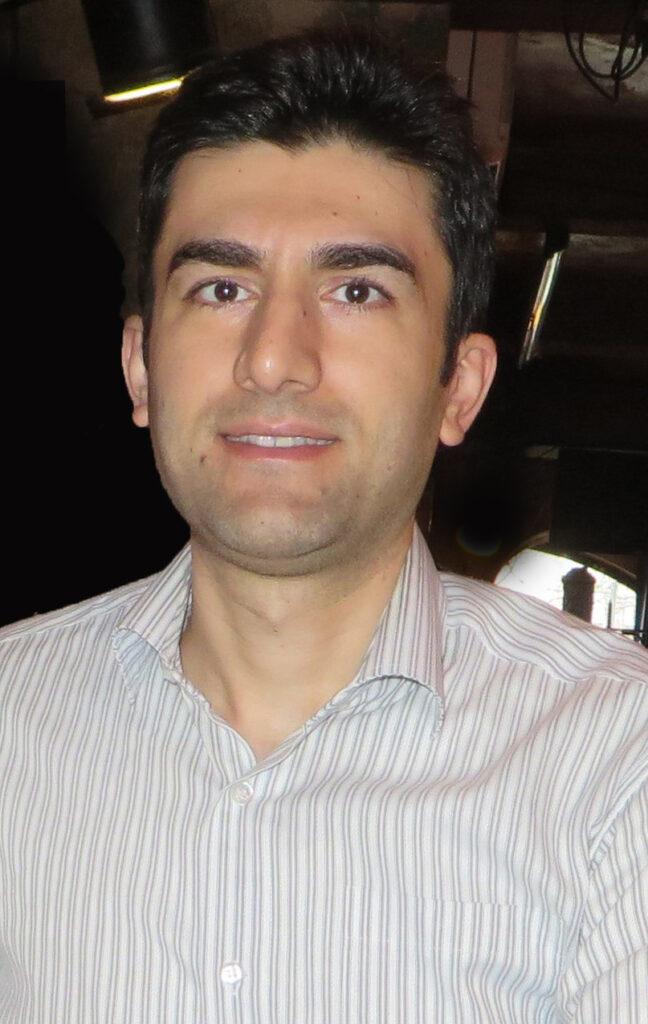
Dr. Farhad Pargar, Postdoctoral Fellow, University of British Columbia
Dr. Farhad Pargar is a Postdoctoral Fellow in the Materials Engineering group, Civil Engineering Department, University of British Columbia. He completed his PhD study in Microlab, Faculty of Civil Engineering, Delft University of Technology (The Netherlands). He obtained his MSc degree in Civil Engineering and worked in Construction Materials Institute at the University of Tehran (Iran). Over the past 15 years, he explored different aspects of concrete durability in severe environment and performed multidisciplinary research in the fields of alternative cementitious materials and their composites, materials science, corrosion and electrochemistry.
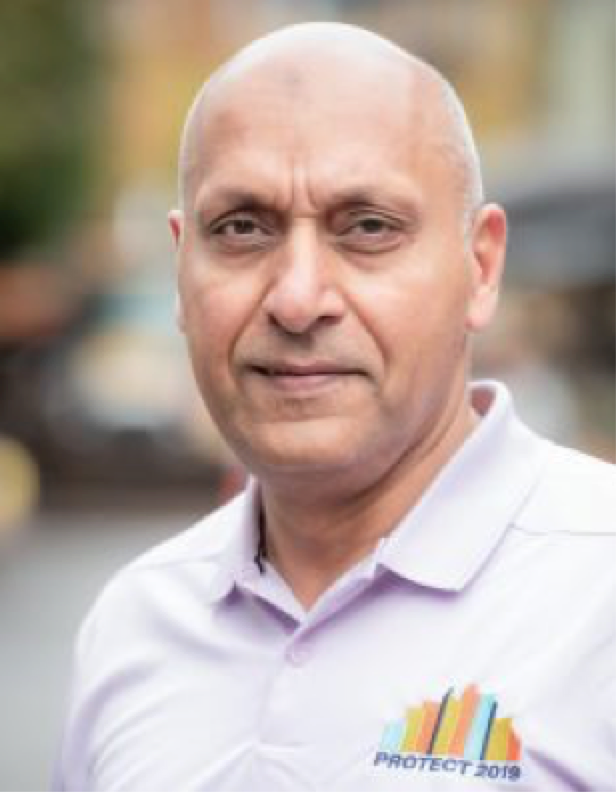
Dr. Aamer Bhutta, Research Associate, The University of British Columbia
Aamer Bhutta is a Research Associate at the University of British Columbia. He has received a PhD in Civil Engineering from Nihon University, Tokyo. His research interests include concrete-polymer composites, geopolymers, durability of concrete, fiber-reinforced concrete, and recycling.
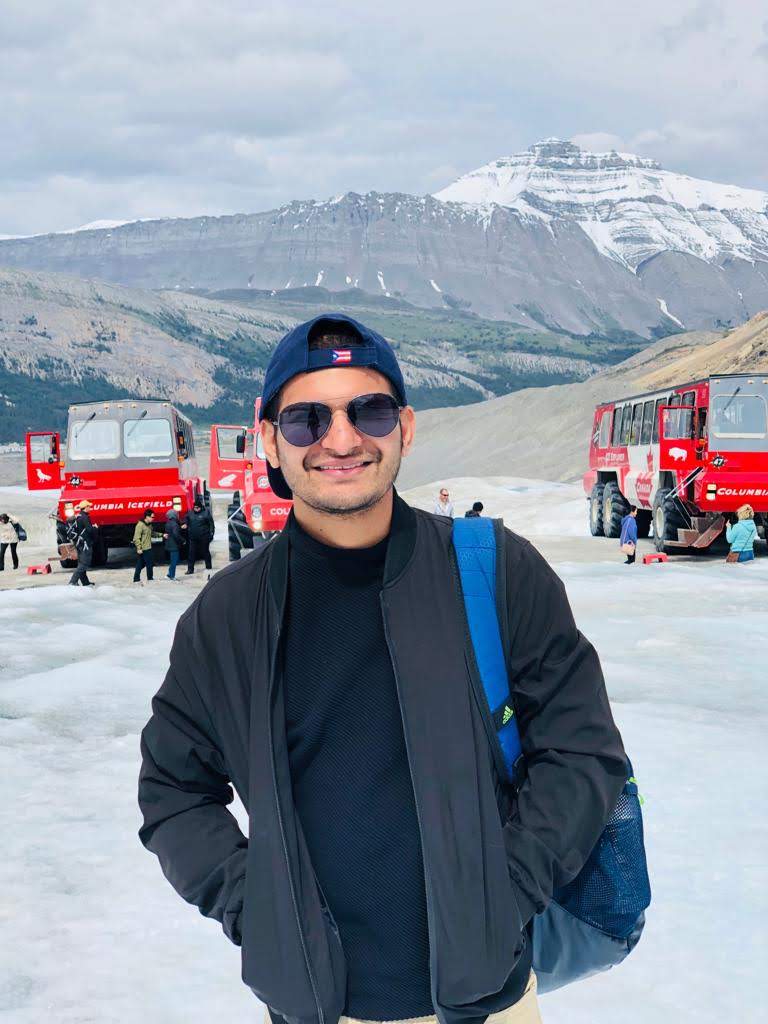
Shubham Jain, PhD Student, the University of British Columbia
Shubham Jain, is a 4th year Ph.D. student in the Materials/Civil Engineering Department at UBC under the supervision of Prof. Tom Troczynski and Prof. Nemy Banthia. He completed his B.Tech and M.Tech in Ceramics Engineering from IIT (BHU), Varanasi (2010-2015). Shubham is the recipient of SERB-UBC scholarship award (2016-2020) and John S. Nadeau memorial scholarship award (2018).